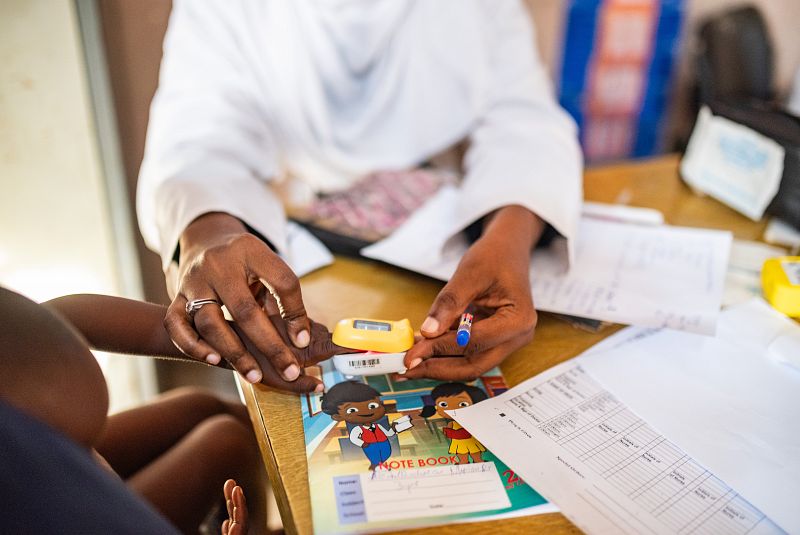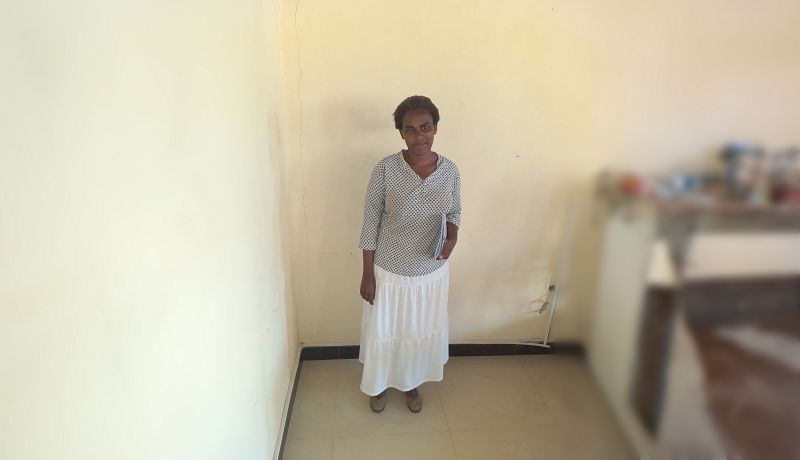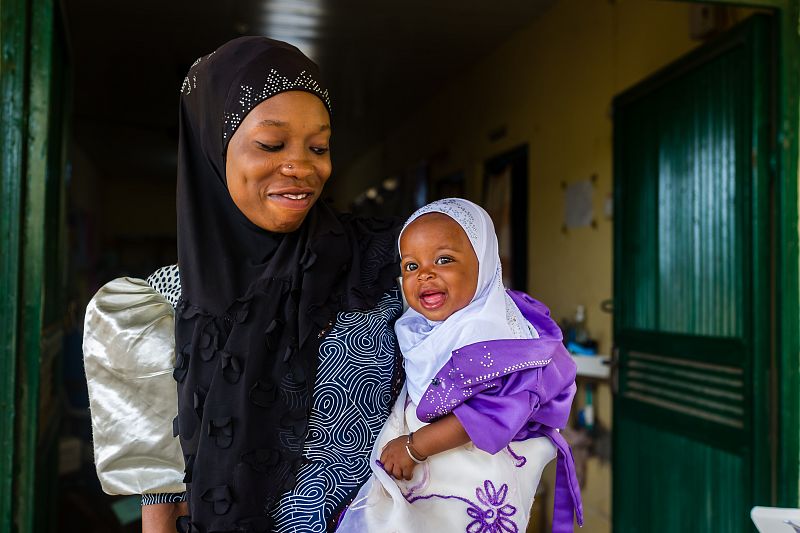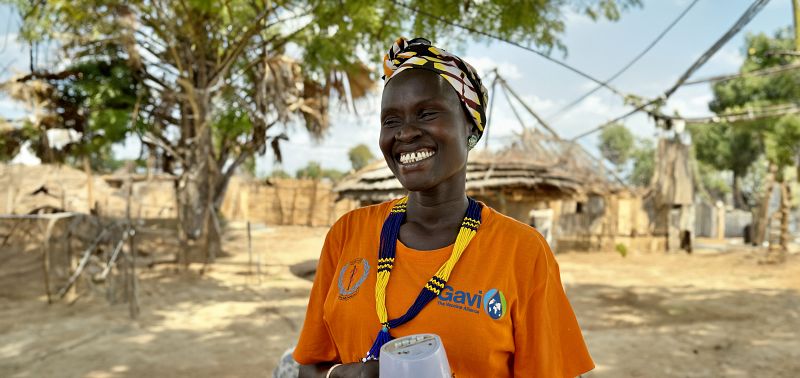Publications
Explore our publications to find useful evidence, lessons and recommendations from our work across Africa and Asia
Type
- Advocacy and positioning
- Advocacy briefs
- Advocacy reports
- Annual reviews
- Brochures
- Capacity statements
- Position statements
- Conference
- Briefing notes
- Posters
- Presentations
- Guidance and toolkits
- Guidance
- Training materials
- Learning
- Case studies
- Infographics
- Insight briefs
- Learning briefs
- Learning papers
- Newsletters
- Research and Technical
- Journal articles
- Project briefs
- Project reports
- Research briefs
- Synopses
- Technical briefs
Keyword
- ASTMH
- Advocacy
- COVID-19
- Capacity development
- Case management
- Case study
- Chemoprevention
- Child survival
- Climate
- Community delivery
- Costing and economic impact evaluation
- Data-informed decision-making
- Diagnosis
- Digital health
- Elimination
- Evidence generation
- Gender
- Genetic modification
- Health financing
- Health system strengthening
- Learning
- Logistics
- MNCH
- Malaria in pregnancy
- Monitoring and evaluation
- PMC
- Philanthropy
- Policy development
- Private sector
- Quality improvement
- Research
- Resistance management
- SBC
- SDGs
- SMC
- Scaled implementation
- Scholarships
- Surveillance
- Treatment
- Universal health coverage
- Urbanisation
- Vaccines
- Vector control
- Webinars
- iCCM
Diseases
Country
Language
Reset all search optionsCurrent search filters (243 results match ALL terms):
Surveillance
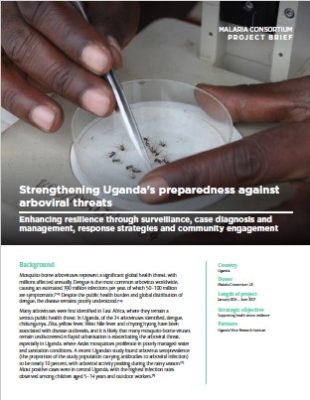 28/03/2024
Project brief
28/03/2024
Project brief
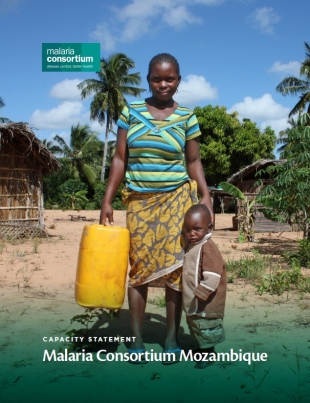 08/03/2024
Capacity statement
08/03/2024
Capacity statement
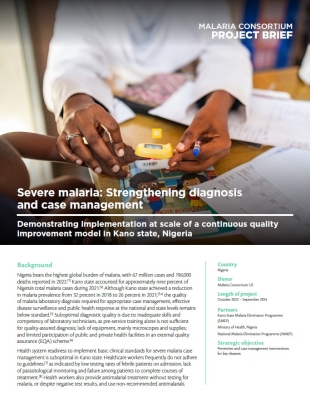 27/02/2024
Project brief
27/02/2024
Project brief
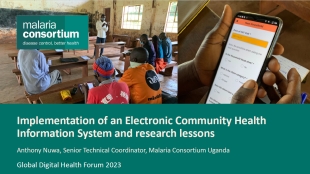 06/12/2023
Presentation
06/12/2023
Presentation
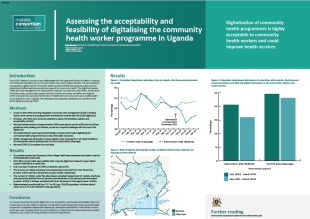 05/12/2023
Poster
05/12/2023
Poster
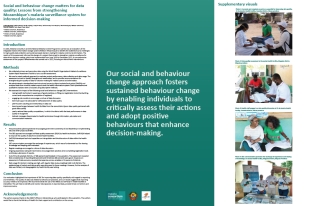 07/11/2023
Poster
07/11/2023
Poster
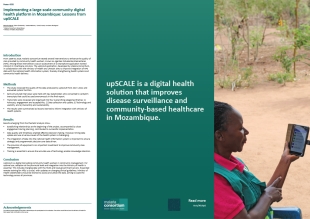 21/10/2023
Poster
21/10/2023
Poster
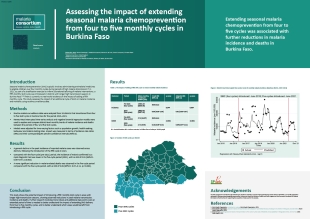 20/10/2023
Poster
20/10/2023
Poster
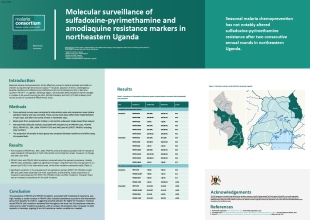 20/10/2023
Poster
20/10/2023
Poster
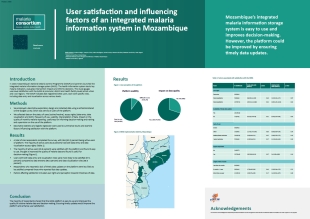 20/10/2023
Poster
20/10/2023
Poster
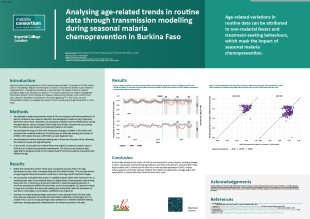 20/10/2023
Poster
20/10/2023
Poster
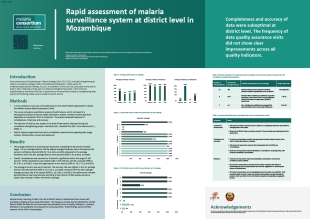 19/10/2023
Poster
19/10/2023
Poster
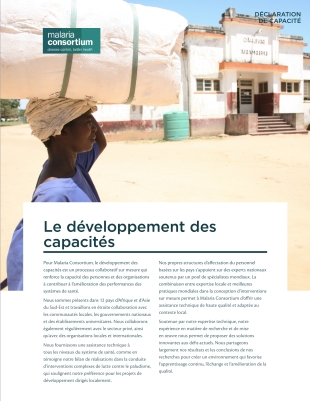 25/08/2023
Capacity statement
25/08/2023
Capacity statement
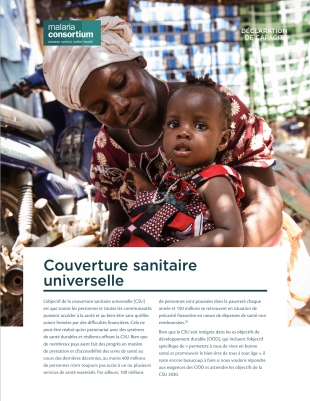 21/08/2023
Capacity statement
21/08/2023
Capacity statement
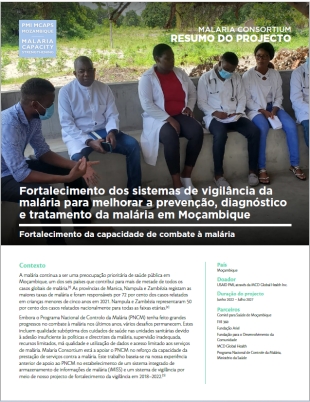 15/08/2023
Project brief
15/08/2023
Project brief
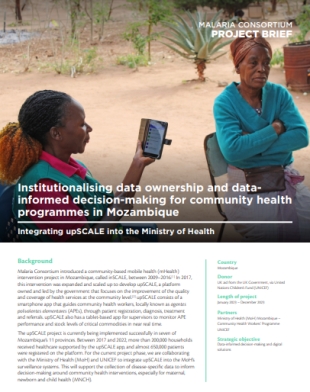 29/06/2023
Project brief
29/06/2023
Project brief
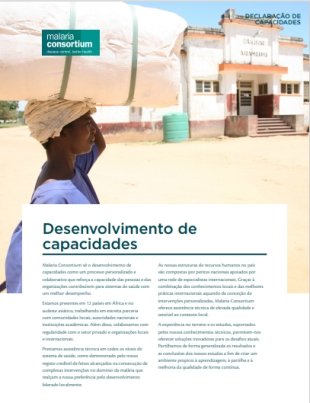 05/06/2023
Capacity statement
05/06/2023
Capacity statement
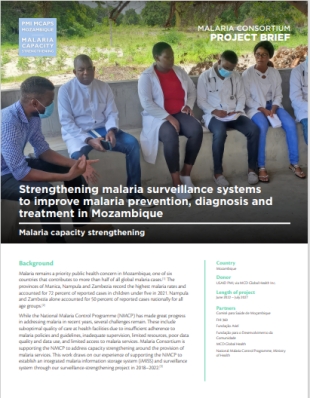 01/06/2023
Project brief
01/06/2023
Project brief
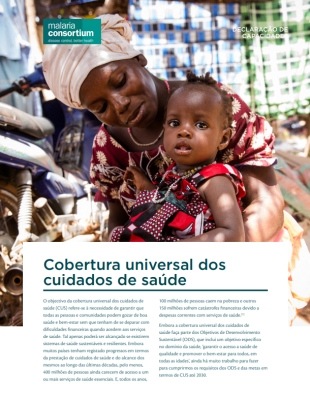 26/05/2023
Capacity statement
26/05/2023
Capacity statement
 19/05/2023
Journal article
19/05/2023
Journal article
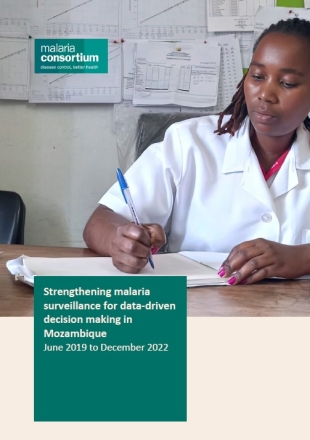 11/05/2023
Project report
11/05/2023
Project report
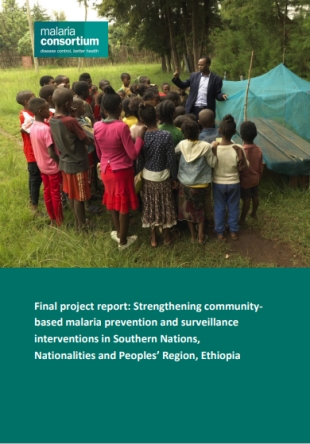 24/02/2023
Project report
24/02/2023
Project report
 30/01/2023
Journal article
30/01/2023
Journal article
 15/12/2022
Case study
15/12/2022
Case study
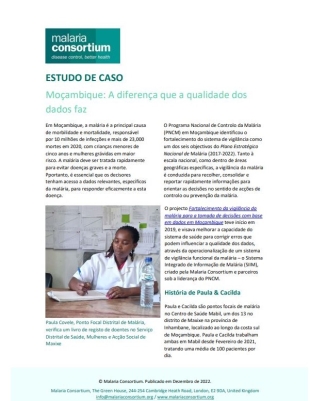 15/12/2022
Case study
15/12/2022
Case study
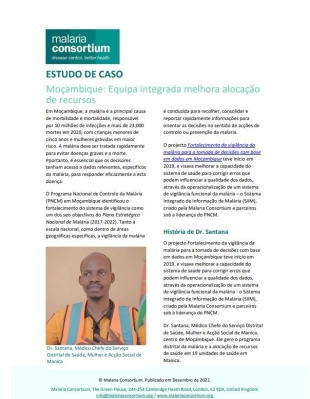 15/12/2022
Case study
15/12/2022
Case study
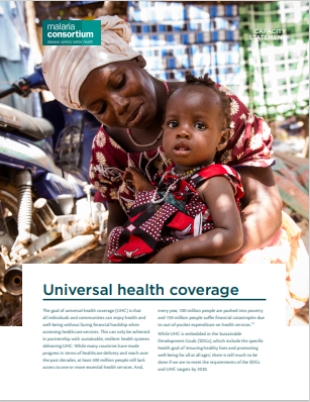 12/12/2022
Capacity statement
12/12/2022
Capacity statement
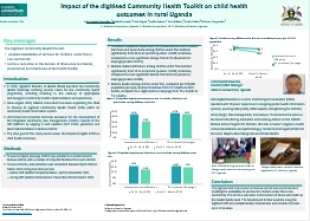 12/12/2022
Poster
12/12/2022
Poster
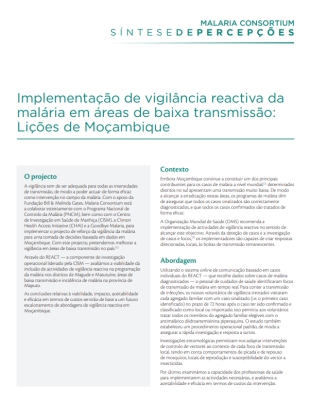 06/12/2022
Insight brief
06/12/2022
Insight brief
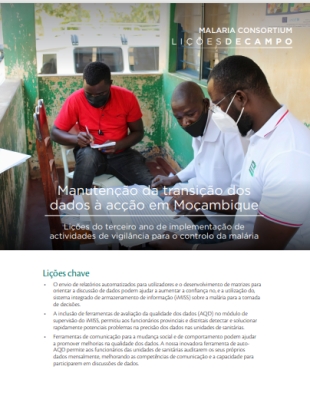 06/12/2022
Learning brief
06/12/2022
Learning brief
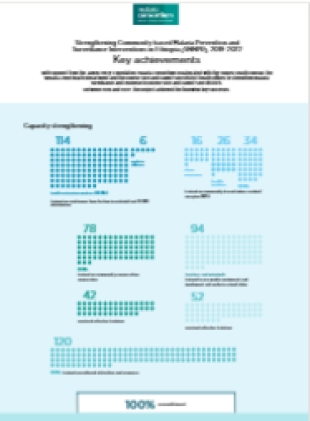 28/11/2022
Infographic
28/11/2022
Infographic
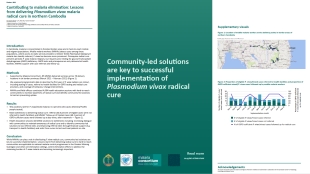 01/11/2022
Poster
01/11/2022
Poster
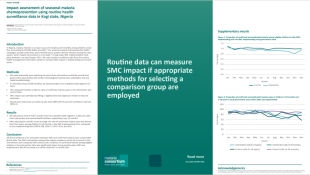 01/11/2022
Poster
01/11/2022
Poster
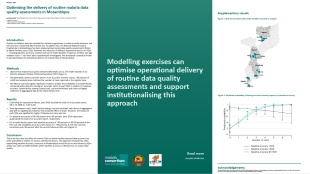 31/10/2022
Poster
31/10/2022
Poster
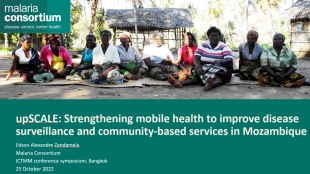 25/10/2022
Presentation
25/10/2022
Presentation
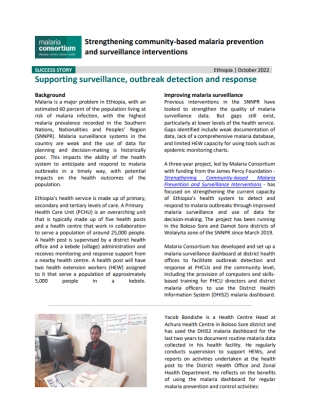 25/10/2022
Case study
25/10/2022
Case study
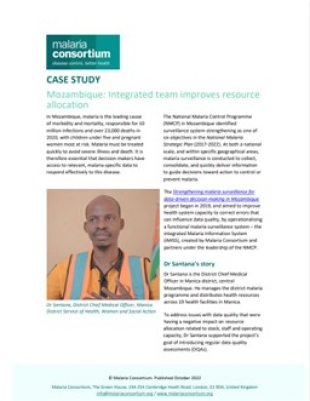 20/10/2022
Case study
20/10/2022
Case study
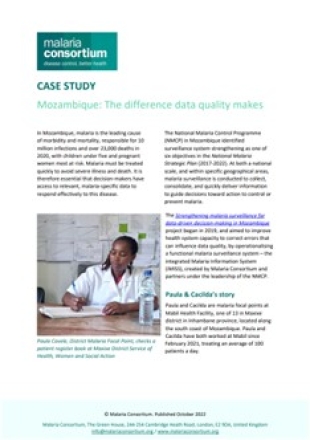 20/10/2022
Case study
20/10/2022
Case study
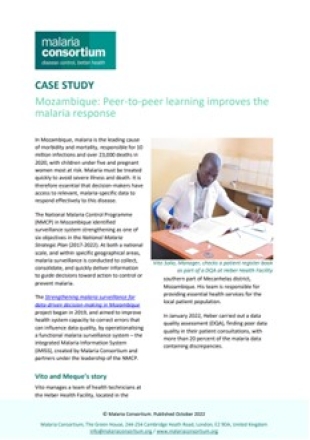 20/10/2022
Case study
20/10/2022
Case study
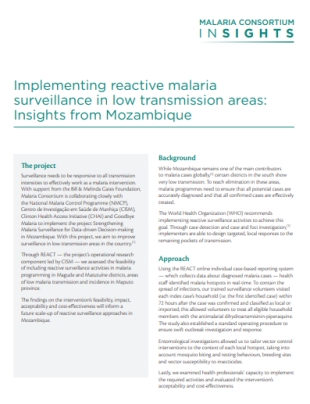 29/09/2022
Insight brief
29/09/2022
Insight brief
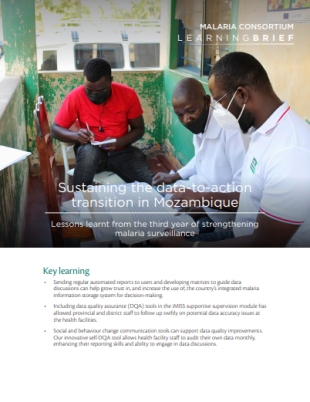 29/09/2022
Learning brief
29/09/2022
Learning brief
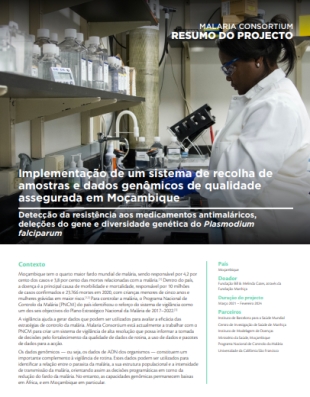 22/09/2022
Project brief
22/09/2022
Project brief
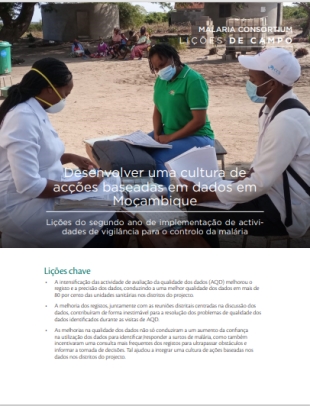 01/09/2022
Learning brief
01/09/2022
Learning brief
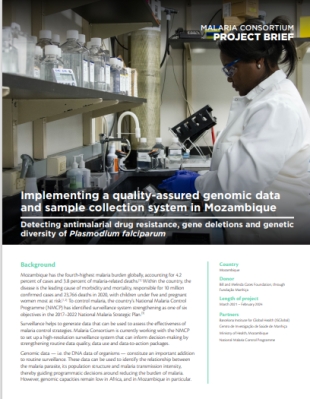 15/08/2022
Project brief
15/08/2022
Project brief
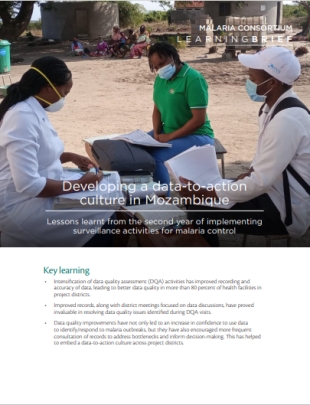 21/07/2022
Learning brief
21/07/2022
Learning brief
 01/07/2022
Journal article
01/07/2022
Journal article
 06/06/2022
Journal article
06/06/2022
Journal article
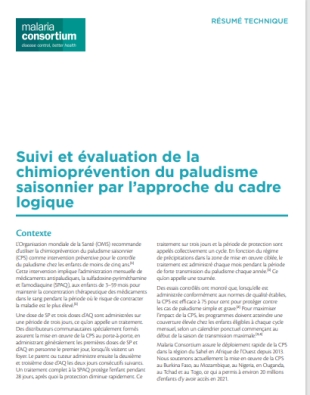 26/05/2022
Technical brief
26/05/2022
Technical brief
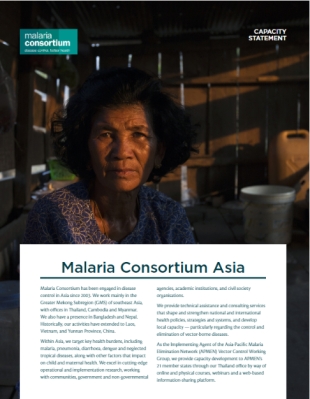 23/05/2022
Capacity statement
23/05/2022
Capacity statement
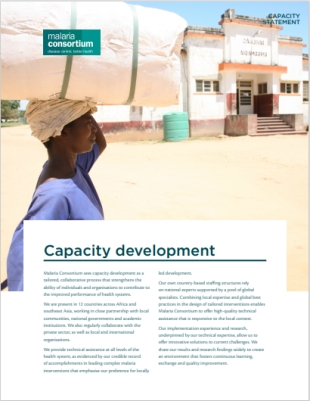 30/03/2022
Capacity statement
30/03/2022
Capacity statement
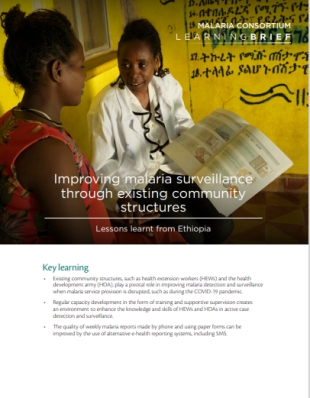 03/03/2022
Learning brief
03/03/2022
Learning brief
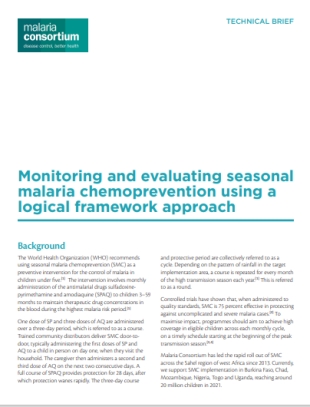 04/02/2022
Technical brief
04/02/2022
Technical brief
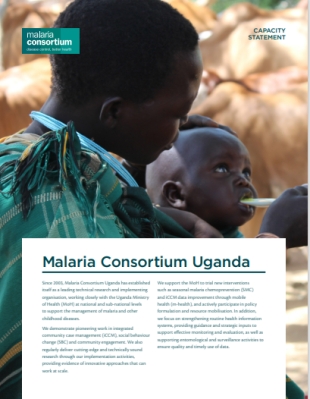 03/02/2022
Capacity statement
03/02/2022
Capacity statement
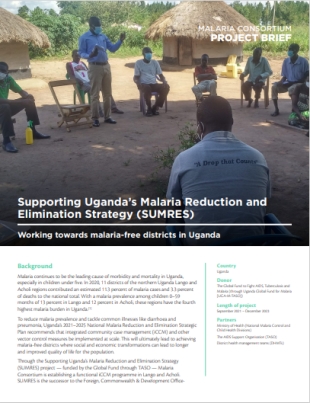 26/01/2022
Project brief
26/01/2022
Project brief
 22/11/2021
Journal article
22/11/2021
Journal article
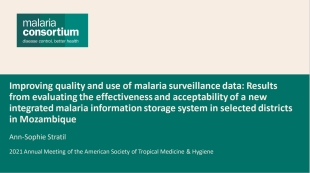 20/11/2021
Presentation
20/11/2021
Presentation
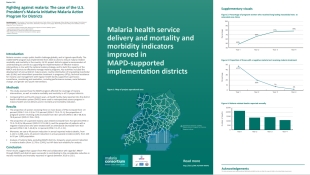 16/11/2021
Poster
16/11/2021
Poster
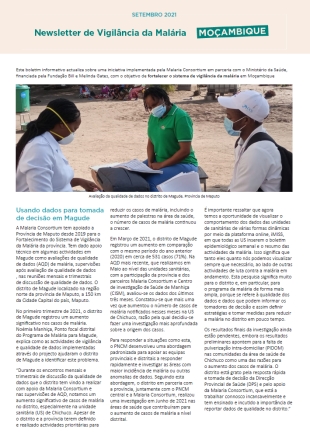 28/09/2021
Newsletter
28/09/2021
Newsletter
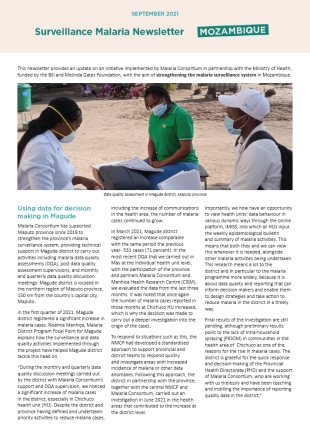 28/09/2021
Newsletter
28/09/2021
Newsletter
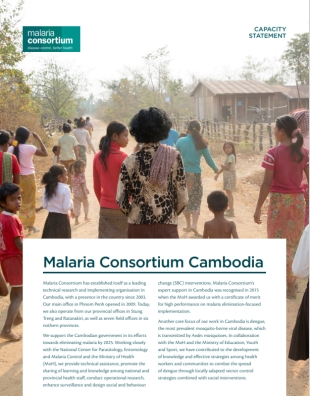 24/09/2021
Capacity statement
24/09/2021
Capacity statement
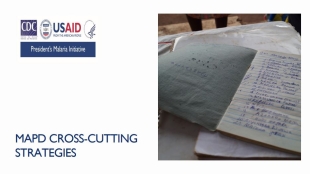 17/08/2021
Presentation
17/08/2021
Presentation
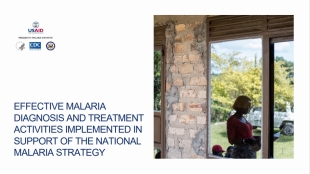 17/08/2021
Presentation
17/08/2021
Presentation
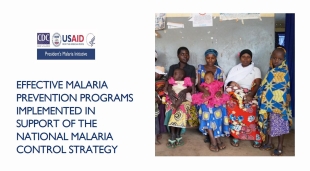 17/08/2021
Presentation
17/08/2021
Presentation
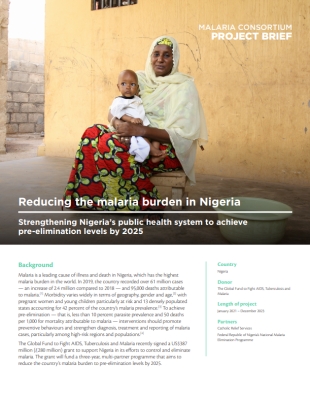 10/08/2021
Project brief
10/08/2021
Project brief
 22/07/2021
Journal article
22/07/2021
Journal article
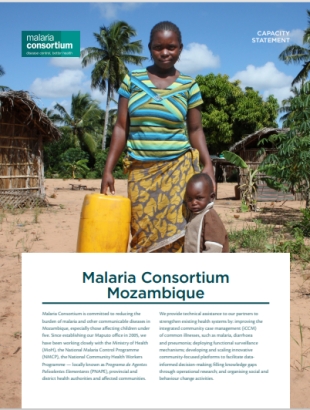 06/07/2021
Capacity statement
06/07/2021
Capacity statement
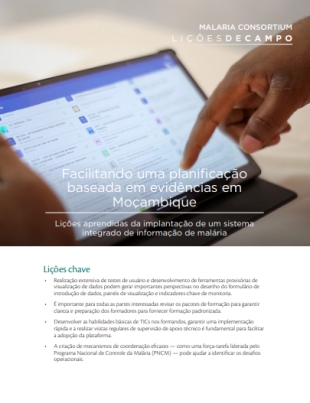 01/07/2021
Learning brief
01/07/2021
Learning brief
 26/06/2021
Journal article
26/06/2021
Journal article
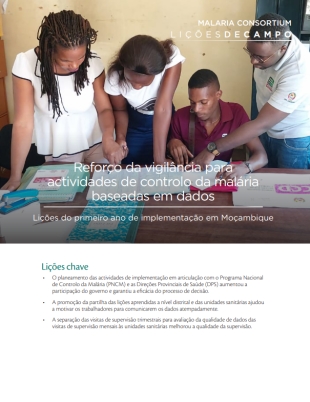 18/06/2021
Learning brief
18/06/2021
Learning brief
 09/06/2021
Journal article
09/06/2021
Journal article
 07/06/2021
Journal article
07/06/2021
Journal article
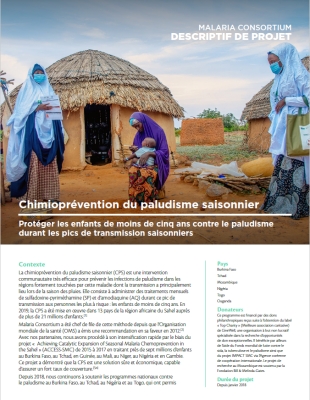 02/06/2021
Project brief
02/06/2021
Project brief
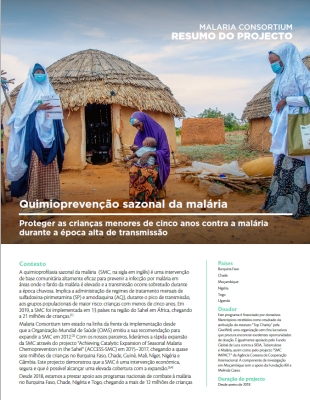 02/06/2021
Project brief
02/06/2021
Project brief
 29/05/2021
Journal article
29/05/2021
Journal article
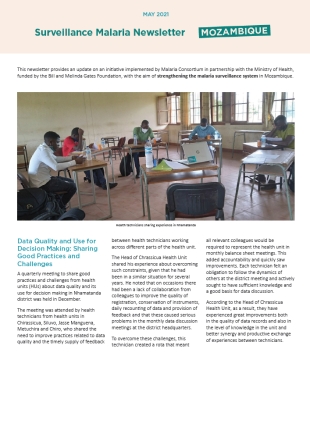 28/05/2021
Newsletter
28/05/2021
Newsletter
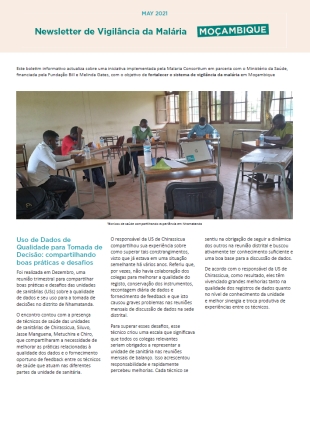 28/05/2021
Newsletter
28/05/2021
Newsletter
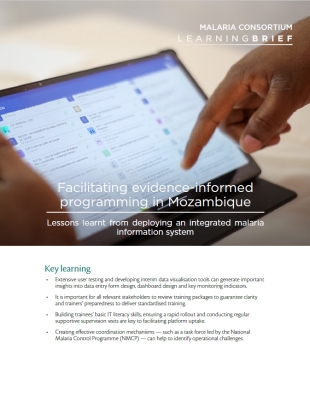 20/05/2021
Learning brief
20/05/2021
Learning brief
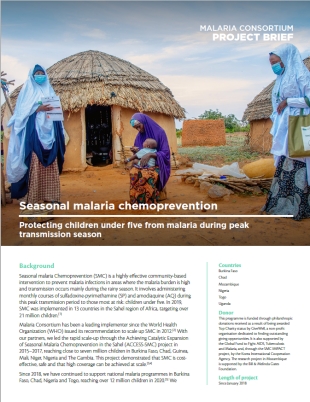 13/05/2021
Project brief
13/05/2021
Project brief
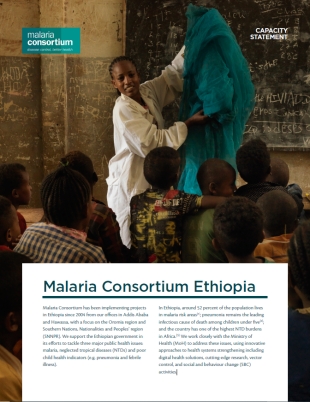 19/04/2021
Capacity statement
19/04/2021
Capacity statement
 26/03/2021
Journal article
26/03/2021
Journal article
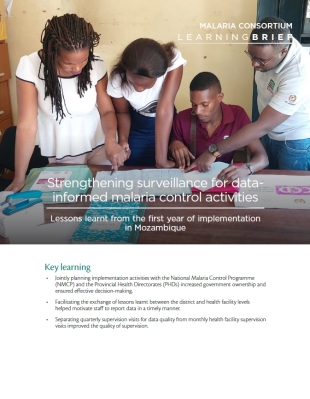 11/03/2021
Learning brief
11/03/2021
Learning brief
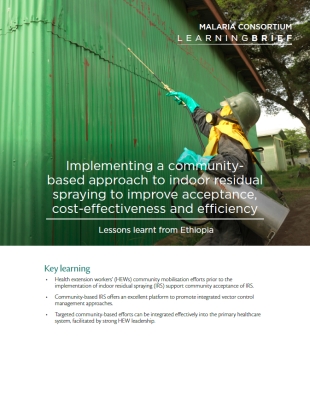 26/02/2021
Learning brief
26/02/2021
Learning brief
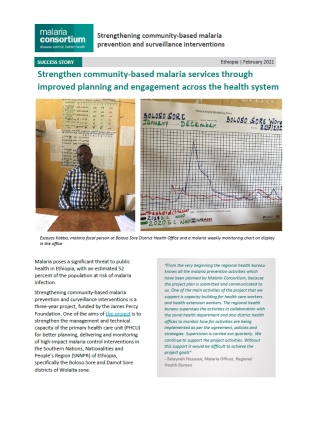 25/02/2021
Case study
25/02/2021
Case study
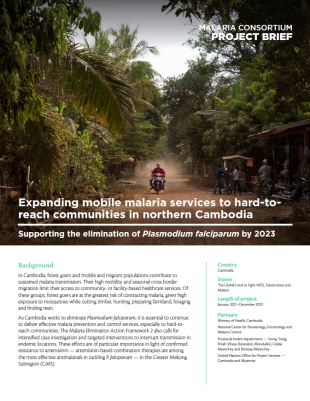 24/02/2021
Project brief
24/02/2021
Project brief
 22/02/2021
Journal article
22/02/2021
Journal article
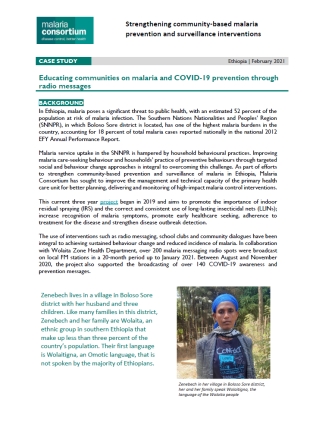 15/02/2021
Case study
15/02/2021
Case study
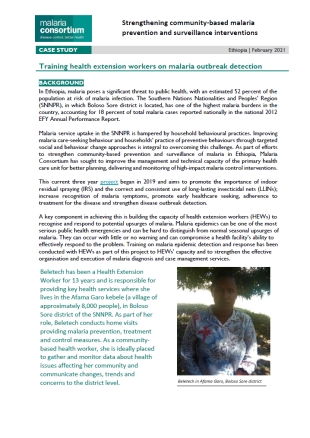 14/02/2021
Case study
14/02/2021
Case study
 19/01/2021
Journal article
19/01/2021
Journal article
 09/01/2021
Journal article
09/01/2021
Journal article
 09/01/2021
Journal article
09/01/2021
Journal article
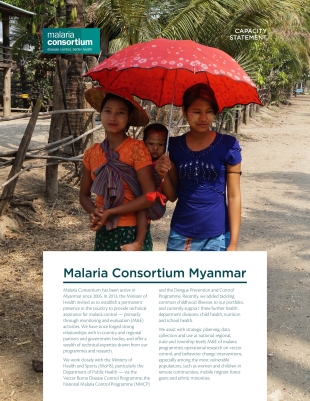 23/12/2020
Capacity statement
23/12/2020
Capacity statement
 14/12/2020
Journal article
14/12/2020
Journal article
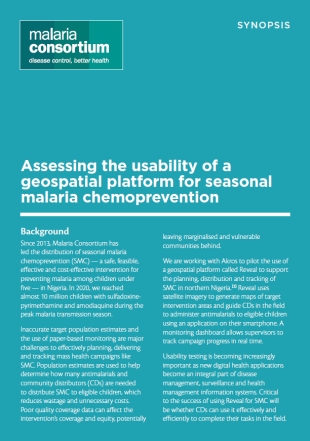 26/11/2020
Synopsis
26/11/2020
Synopsis
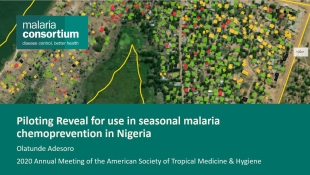 19/11/2020
Presentation
19/11/2020
Presentation
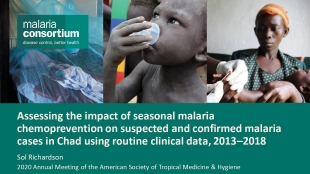 18/11/2020
Presentation
18/11/2020
Presentation
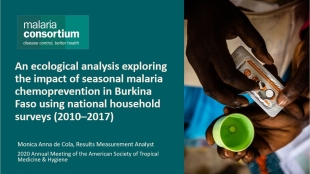 18/11/2020
Presentation
18/11/2020
Presentation
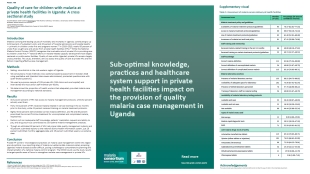 17/11/2020
Poster
17/11/2020
Poster
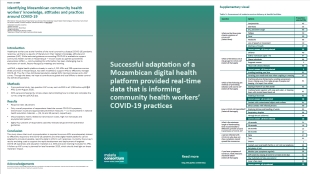 17/11/2020
Poster
17/11/2020
Poster
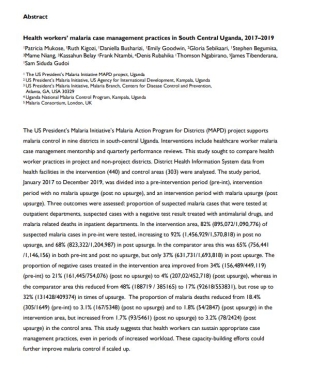 16/11/2020
Presentation
16/11/2020
Presentation
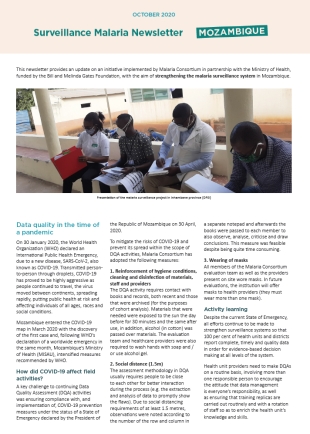 01/11/2020
Newsletter
01/11/2020
Newsletter
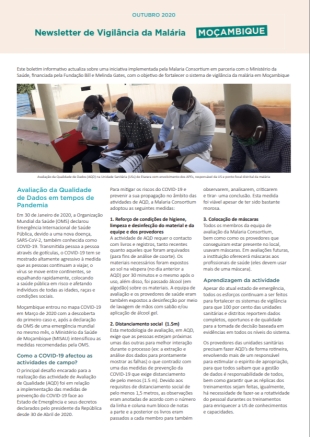 01/11/2020
Newsletter
01/11/2020
Newsletter
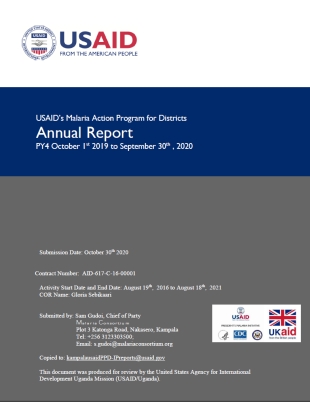 30/10/2020
Project report
30/10/2020
Project report
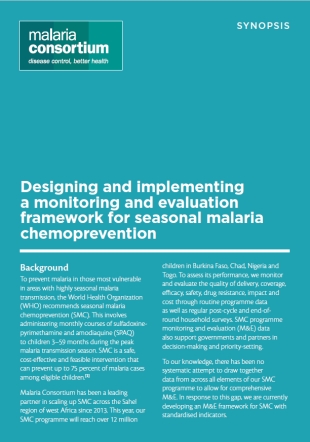 19/10/2020
Synopsis
19/10/2020
Synopsis
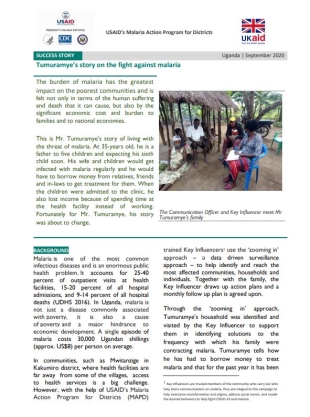 15/09/2020
Case study
15/09/2020
Case study
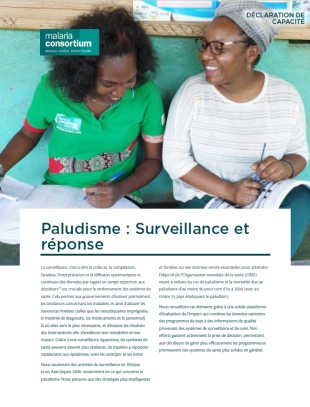 26/08/2020
Capacity statement
26/08/2020
Capacity statement
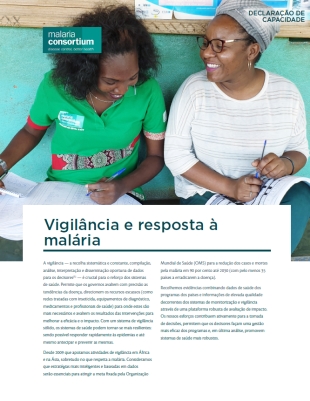 26/08/2020
Capacity statement
26/08/2020
Capacity statement
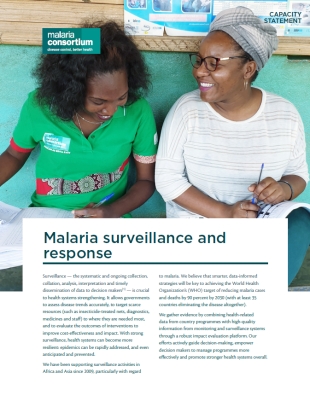 29/07/2020
Capacity statement
29/07/2020
Capacity statement
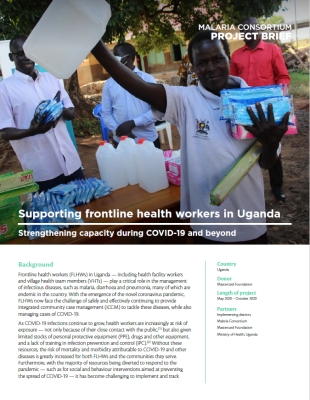 23/07/2020
Project brief
23/07/2020
Project brief
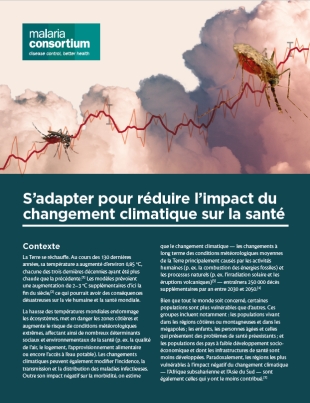 16/07/2020
Position statement
16/07/2020
Position statement
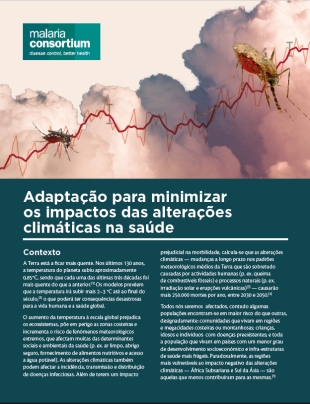 16/07/2020
Position statement
16/07/2020
Position statement
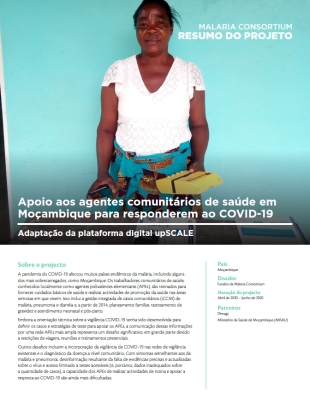 18/06/2020
Project brief
18/06/2020
Project brief
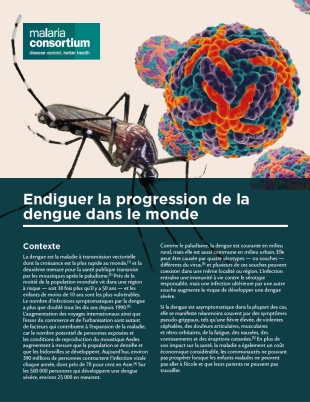 11/06/2020
Position statement
11/06/2020
Position statement
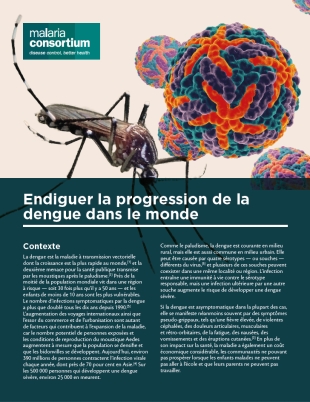 11/06/2020
Position statement
11/06/2020
Position statement
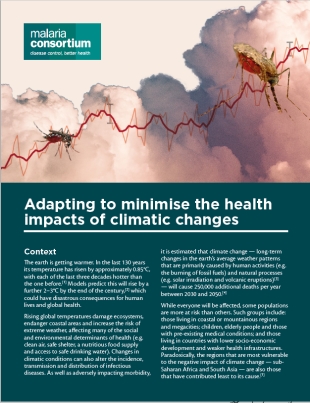 05/06/2020
Position statement
05/06/2020
Position statement
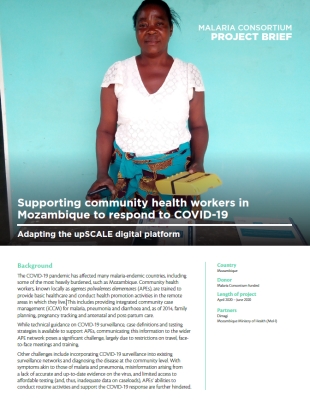 29/05/2020
Project brief
29/05/2020
Project brief
 26/05/2020
Journal article
26/05/2020
Journal article
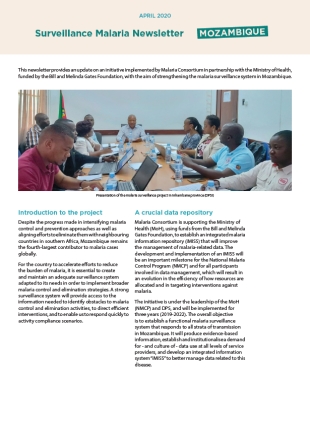 26/04/2020
Newsletter
26/04/2020
Newsletter
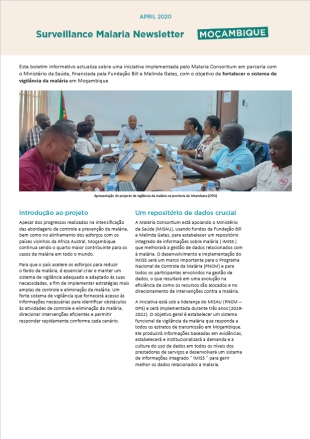 26/04/2020
Newsletter
26/04/2020
Newsletter
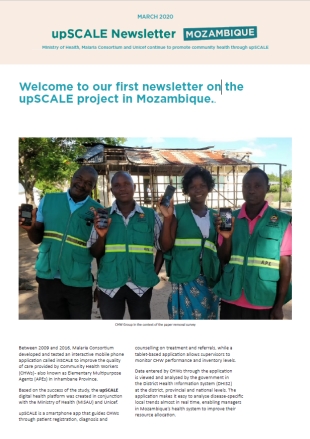 30/03/2020
Newsletter
30/03/2020
Newsletter
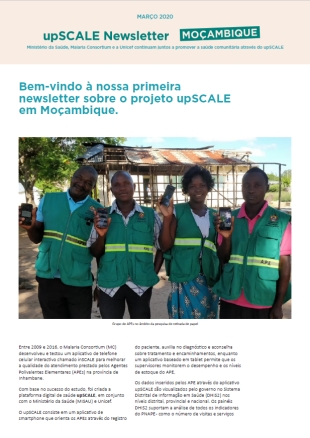 30/03/2020
Newsletter
30/03/2020
Newsletter
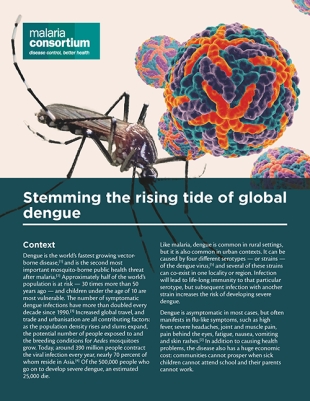 24/03/2020
Position statement
24/03/2020
Position statement
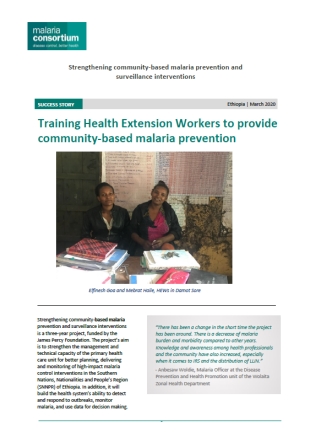 23/03/2020
Case study
23/03/2020
Case study
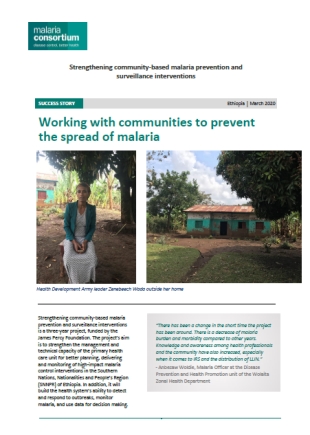 23/03/2020
Case study
23/03/2020
Case study
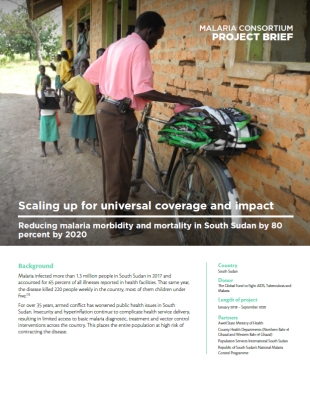 11/02/2020
Project brief
11/02/2020
Project brief
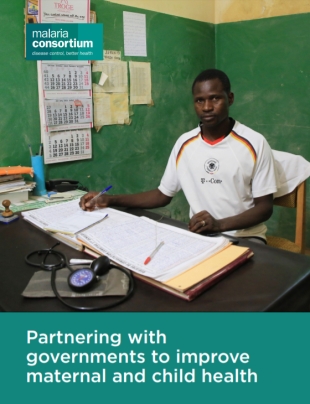 17/12/2019
Brochure
17/12/2019
Brochure
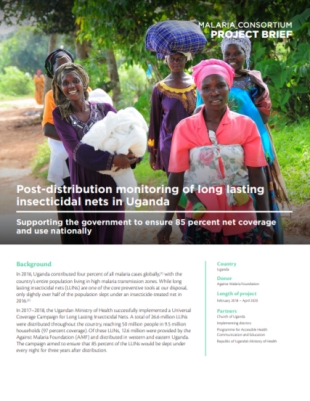 10/12/2019
Project brief
10/12/2019
Project brief
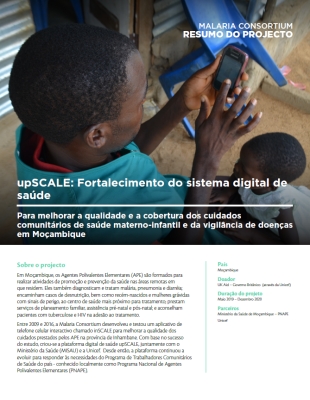 27/11/2019
Project brief
27/11/2019
Project brief
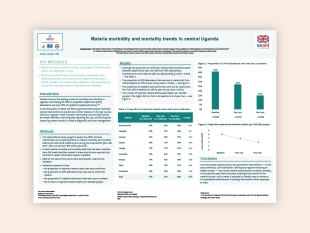 22/11/2019
Poster
22/11/2019
Poster
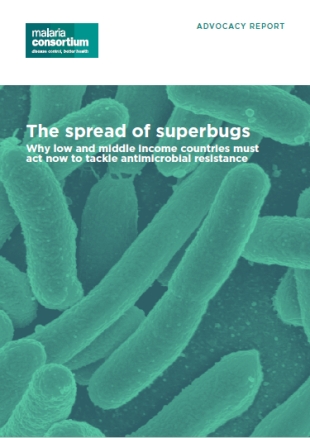 20/11/2019
Advocacy report
20/11/2019
Advocacy report
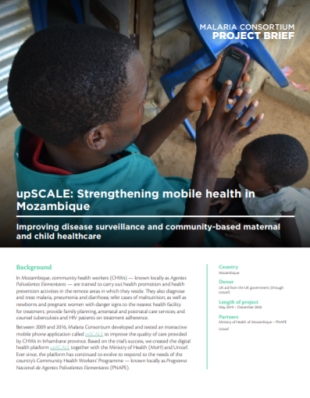 12/11/2019
Project brief
12/11/2019
Project brief
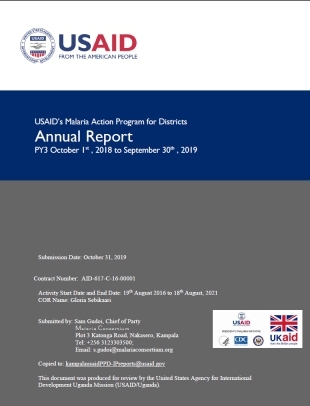 30/10/2019
Project report
30/10/2019
Project report
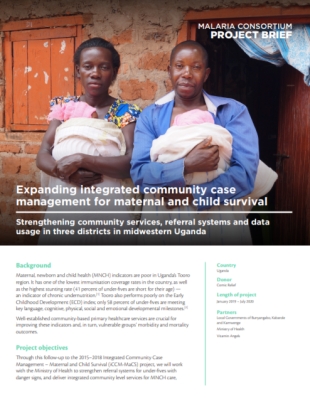 24/10/2019
Project brief
24/10/2019
Project brief
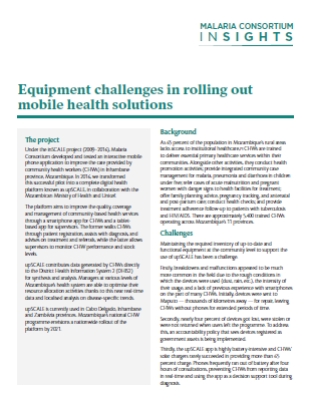 23/09/2019
Insight brief
23/09/2019
Insight brief
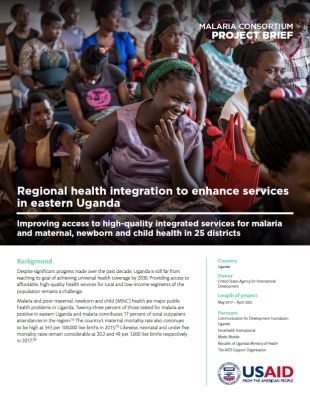 23/09/2019
Project brief
23/09/2019
Project brief
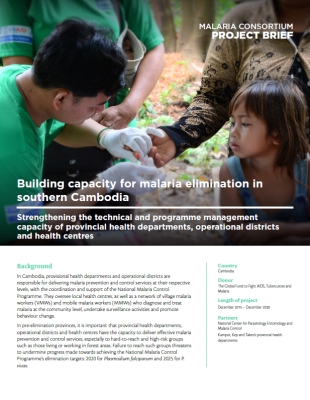 10/09/2019
Project brief
10/09/2019
Project brief
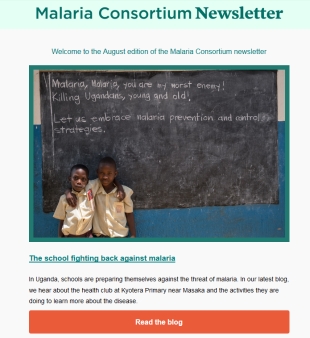 30/08/2019
Newsletter
30/08/2019
Newsletter
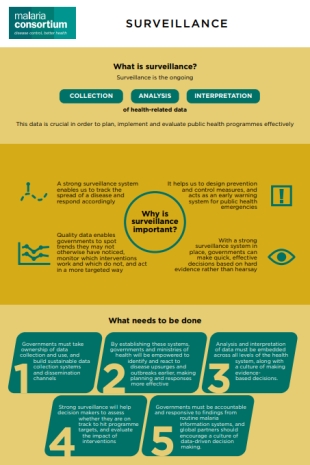 07/08/2019
Infographic
07/08/2019
Infographic
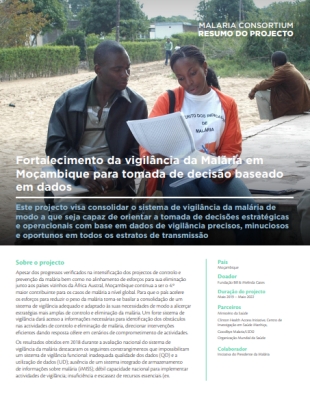 06/08/2019
Project brief
06/08/2019
Project brief
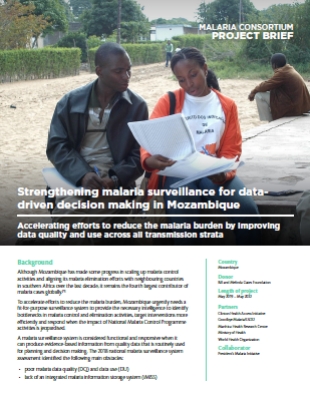 29/07/2019
Project brief
29/07/2019
Project brief
 25/06/2019
Journal article
25/06/2019
Journal article
 20/06/2019
Project brief
20/06/2019
Project brief
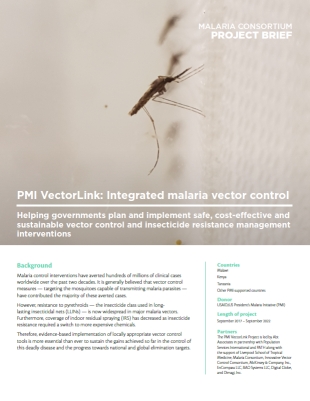 20/06/2019
Project brief
20/06/2019
Project brief
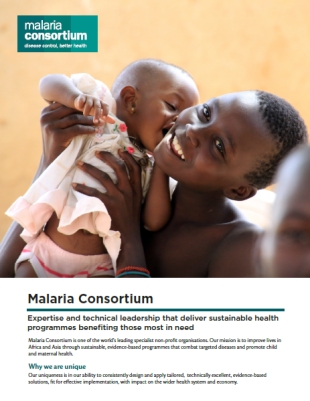 30/03/2019
Capacity statement
30/03/2019
Capacity statement
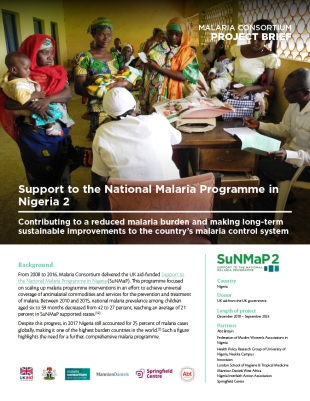 11/02/2019
Project brief
11/02/2019
Project brief
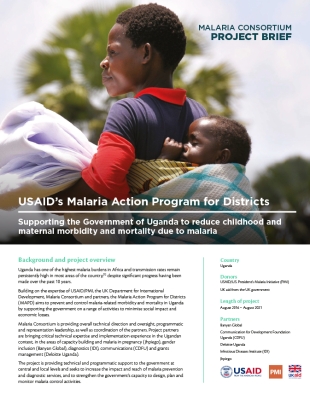 04/02/2019
Project brief
04/02/2019
Project brief
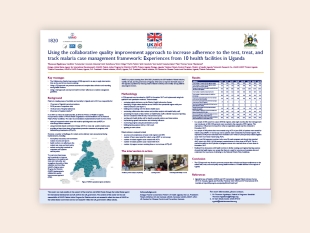 31/10/2018
Poster
31/10/2018
Poster
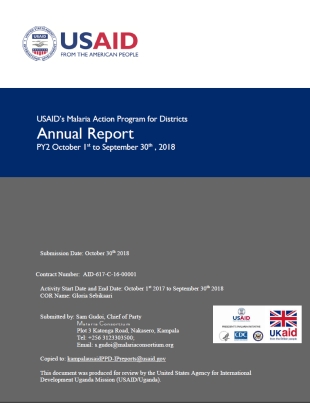 30/10/2018
Project report
30/10/2018
Project report
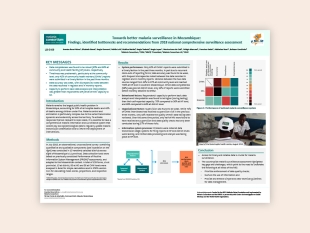 29/10/2018
Poster
29/10/2018
Poster
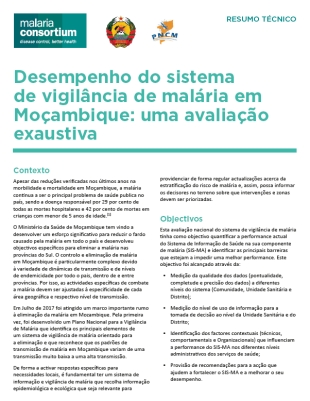 08/10/2018
Technical brief
08/10/2018
Technical brief
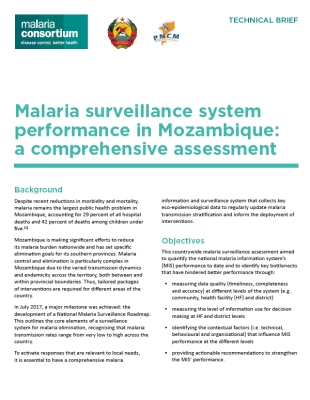 02/10/2018
Technical brief
02/10/2018
Technical brief
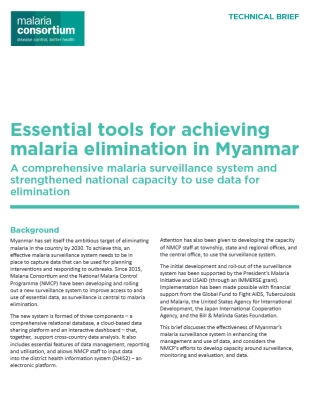 21/09/2018
Technical brief
21/09/2018
Technical brief
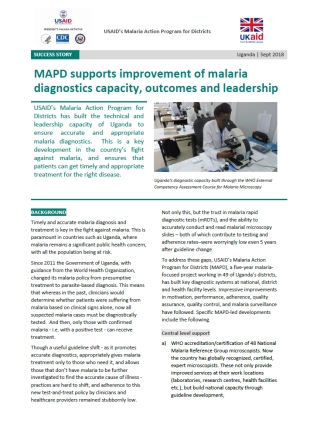 05/09/2018
Case study
05/09/2018
Case study
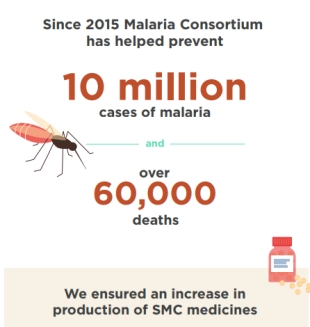 30/08/2018
Infographic
30/08/2018
Infographic
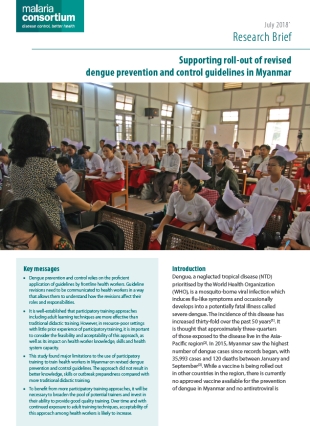 20/07/2018
Research brief
20/07/2018
Research brief
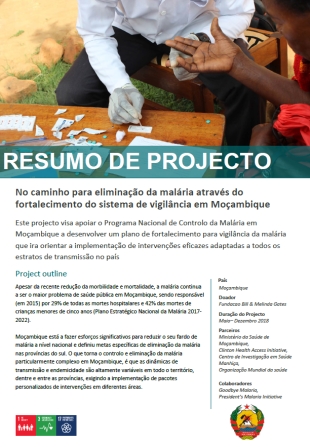 08/06/2018
Project brief
08/06/2018
Project brief
 07/06/2018
Project brief
07/06/2018
Project brief
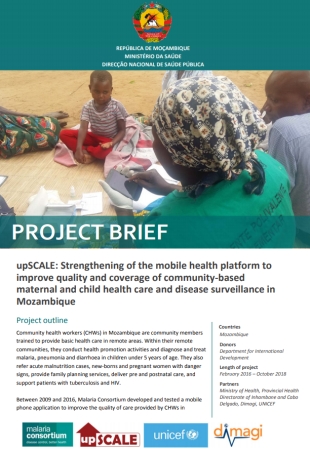 15/05/2018
Project brief
15/05/2018
Project brief
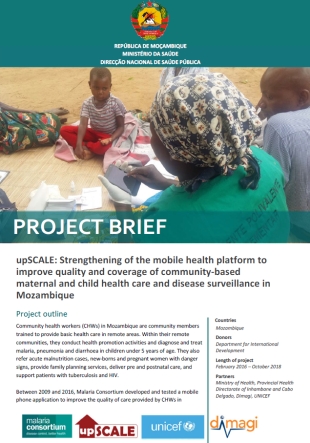 15/05/2018
Project brief
15/05/2018
Project brief
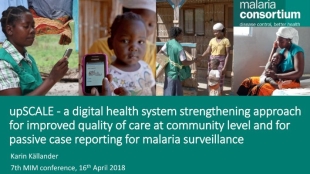 24/04/2018
Presentation
24/04/2018
Presentation
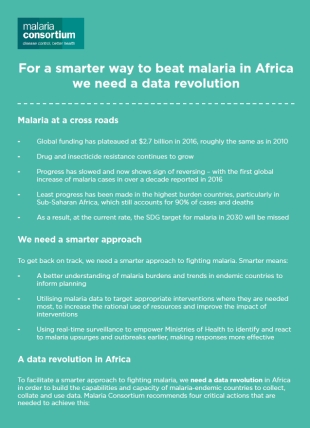 23/04/2018
Advocacy brief
23/04/2018
Advocacy brief
 07/12/2017
Newsletter
07/12/2017
Newsletter
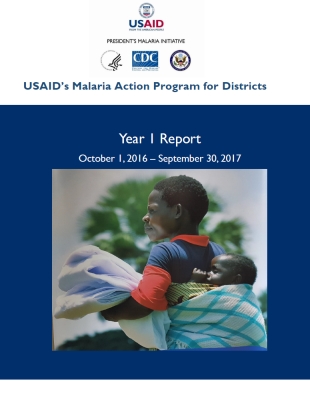 30/10/2017
Project report
30/10/2017
Project report
 09/10/2017
Journal article
09/10/2017
Journal article
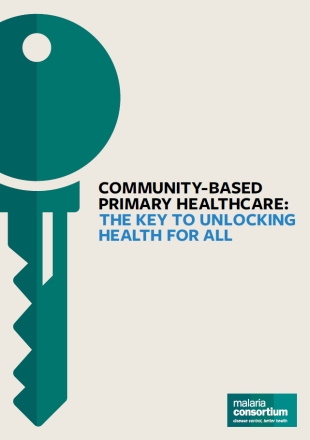 02/08/2017
Advocacy report
02/08/2017
Advocacy report
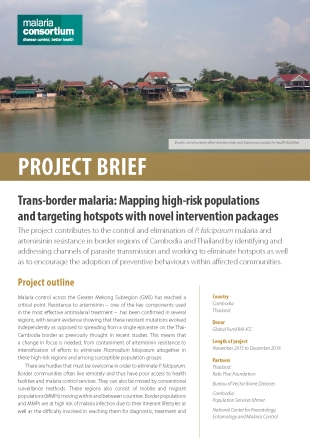 27/07/2017
Project brief
27/07/2017
Project brief
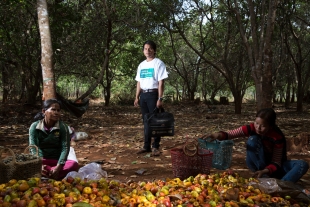 27/07/2017
Project report
27/07/2017
Project report
 14/06/2017
Journal article
14/06/2017
Journal article
 20/04/2017
Journal article
20/04/2017
Journal article
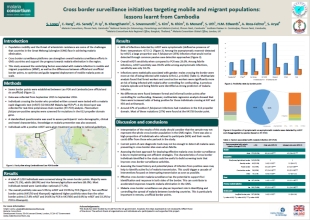 27/02/2017
Poster
27/02/2017
Poster
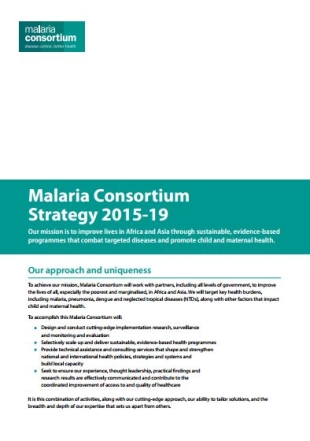 03/02/2017
Annual review
03/02/2017
Annual review
 10/01/2017
Learning brief
10/01/2017
Learning brief
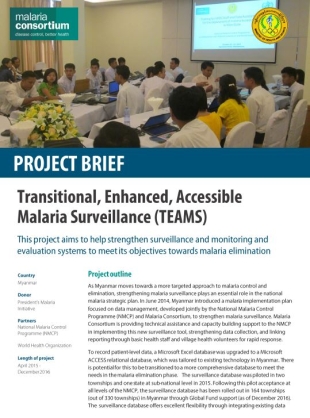 16/12/2016
Project brief
16/12/2016
Project brief
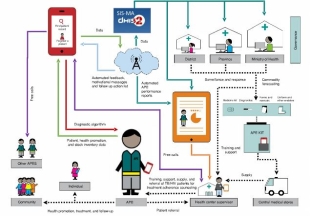 15/11/2016
Presentation
15/11/2016
Presentation
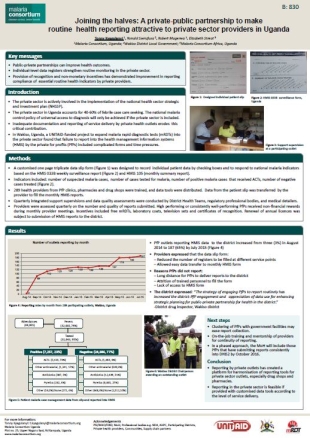 10/11/2016
Poster
10/11/2016
Poster
 09/11/2016
Journal article
09/11/2016
Journal article
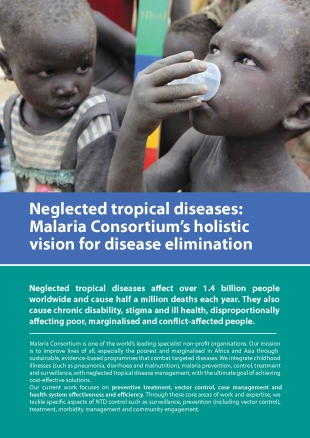 01/11/2016
Technical brief
01/11/2016
Technical brief
 05/10/2016
Journal article
05/10/2016
Journal article
 29/09/2016
Journal article
29/09/2016
Journal article
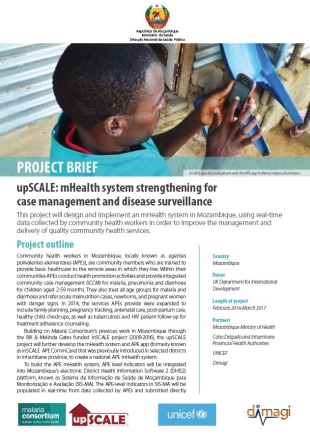 31/08/2016
Project brief
31/08/2016
Project brief
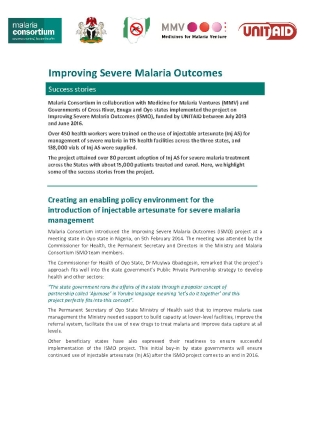 15/06/2016
Case study
15/06/2016
Case study
 18/04/2016
Journal article
18/04/2016
Journal article
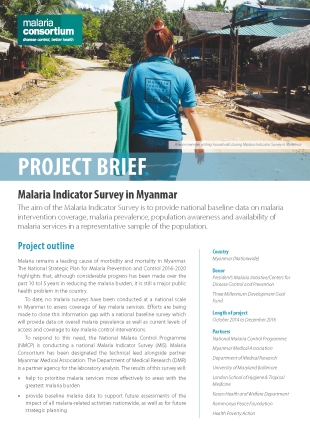 10/03/2016
Project brief
10/03/2016
Project brief
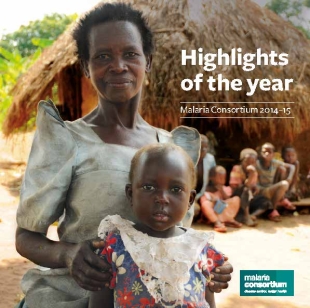 15/12/2015
Annual review
15/12/2015
Annual review
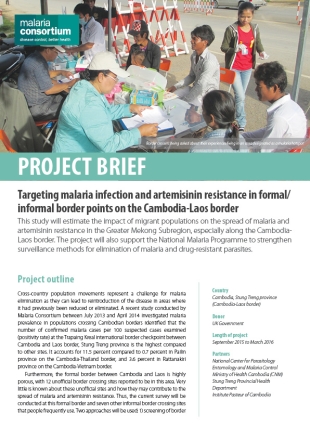 21/09/2015
Project brief
21/09/2015
Project brief
 17/09/2015
Journal article
17/09/2015
Journal article
 09/09/2015
Journal article
09/09/2015
Journal article
 04/09/2015
Journal article
04/09/2015
Journal article
 25/08/2015
Journal article
25/08/2015
Journal article
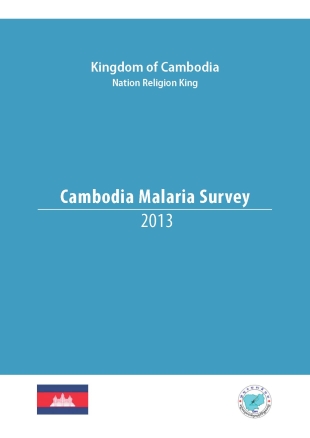 01/08/2015
Technical brief
01/08/2015
Technical brief
 01/07/2015
Journal article
01/07/2015
Journal article
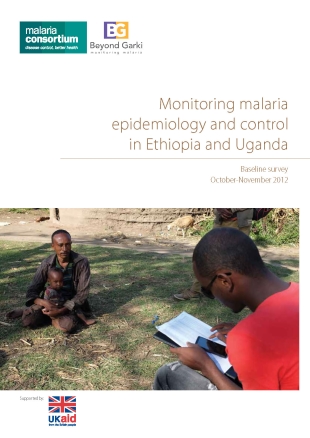 18/05/2015
Technical brief
18/05/2015
Technical brief
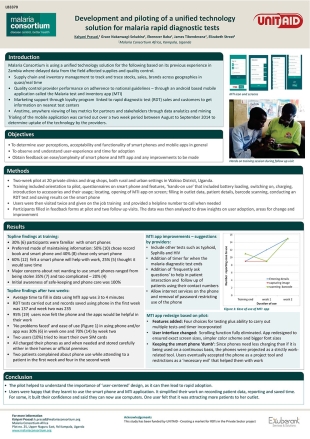 03/11/2014
Poster
03/11/2014
Poster
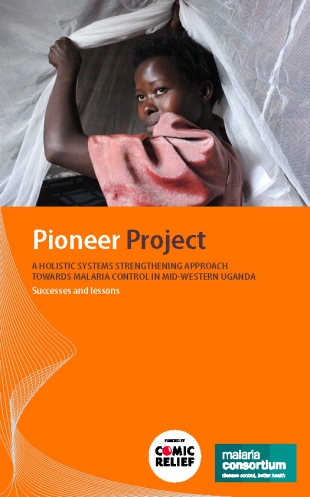 26/09/2014
Project report
26/09/2014
Project report
 19/09/2014
Journal article
19/09/2014
Journal article
 14/08/2014
Journal article
14/08/2014
Journal article
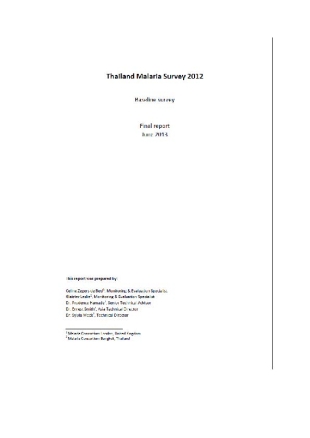 09/07/2014
Project report
09/07/2014
Project report
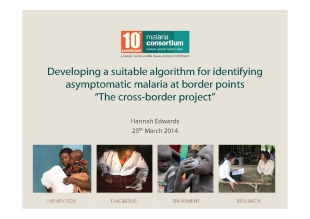 07/04/2014
Presentation
07/04/2014
Presentation
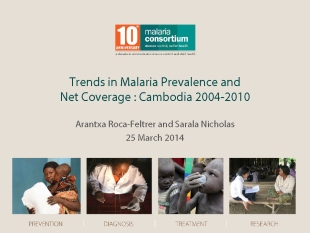 07/04/2014
Presentation
07/04/2014
Presentation
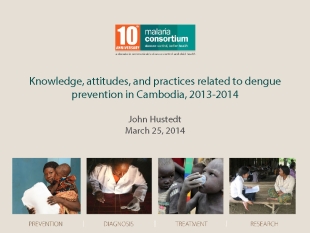 07/04/2014
Presentation
07/04/2014
Presentation
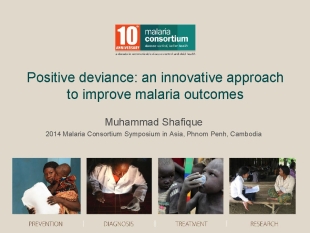 07/04/2014
Presentation
07/04/2014
Presentation
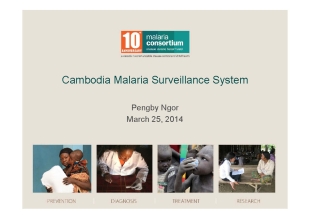 07/04/2014
Presentation
07/04/2014
Presentation
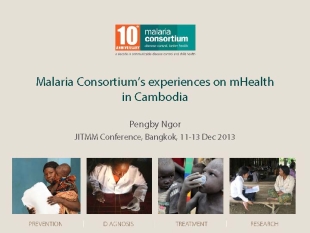 18/03/2014
Presentation
18/03/2014
Presentation
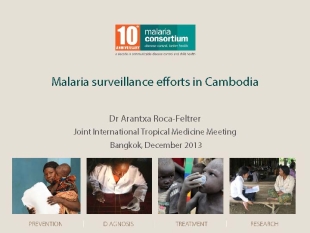 18/03/2014
Presentation
18/03/2014
Presentation
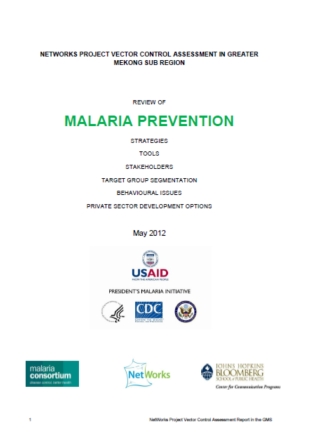 04/03/2014
Project report
04/03/2014
Project report
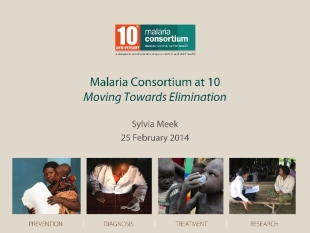 27/02/2014
Presentation
27/02/2014
Presentation
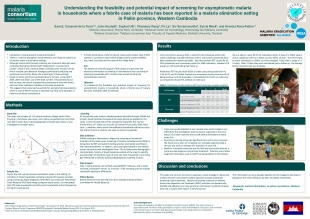 07/02/2014
Poster
07/02/2014
Poster
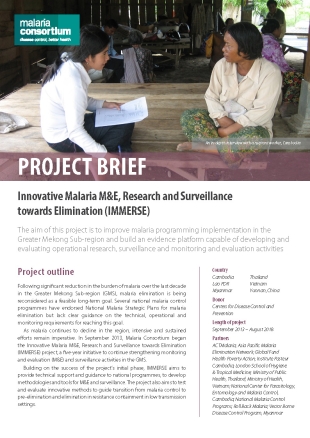 01/01/2014
Project brief
01/01/2014
Project brief
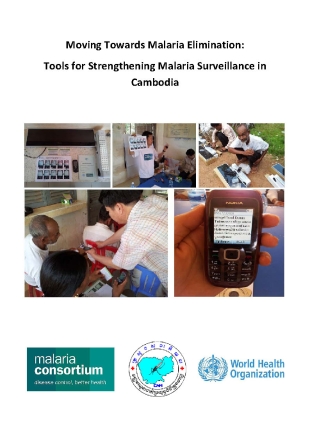 01/01/2014
Project report
01/01/2014
Project report
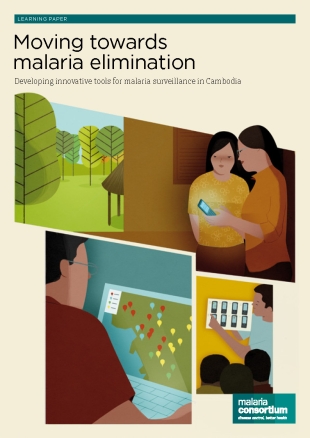 09/12/2013
Learning paper
09/12/2013
Learning paper
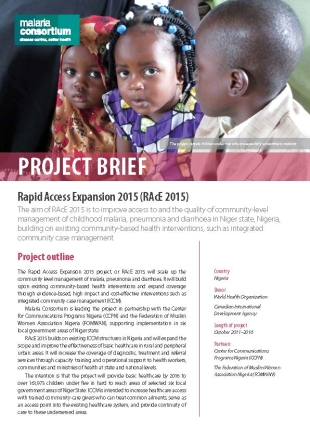 18/11/2013
Project brief
18/11/2013
Project brief
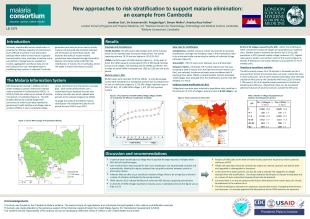 11/11/2013
Poster
11/11/2013
Poster
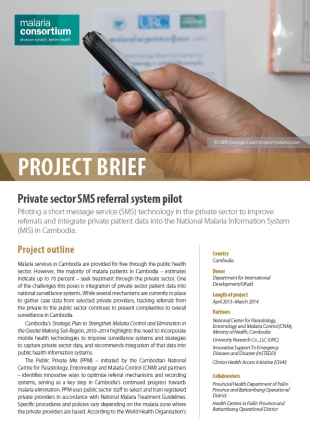 07/11/2013
Project brief
07/11/2013
Project brief
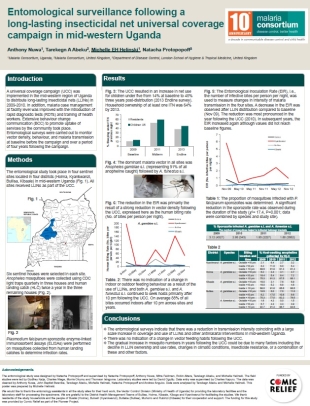 22/10/2013
Poster
22/10/2013
Poster
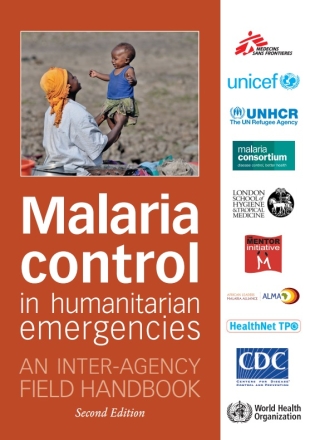 21/10/2013
Training materials
21/10/2013
Training materials
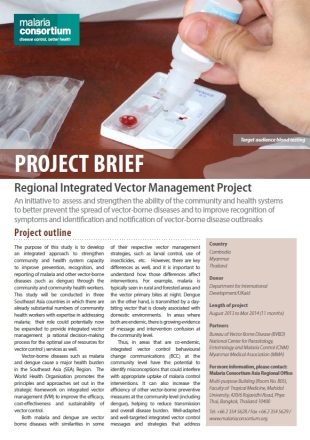 01/10/2013
Project brief
01/10/2013
Project brief
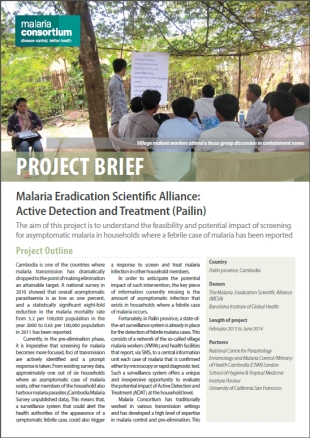 12/08/2013
Project brief
12/08/2013
Project brief
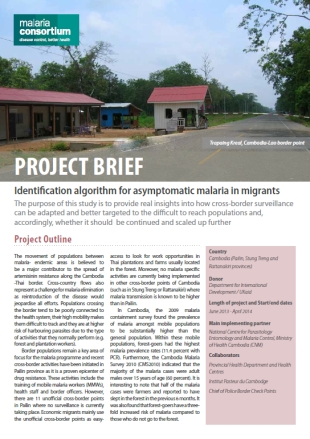 12/08/2013
Project brief
12/08/2013
Project brief
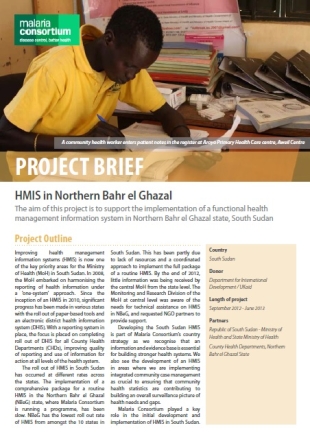 19/06/2013
Project brief
19/06/2013
Project brief
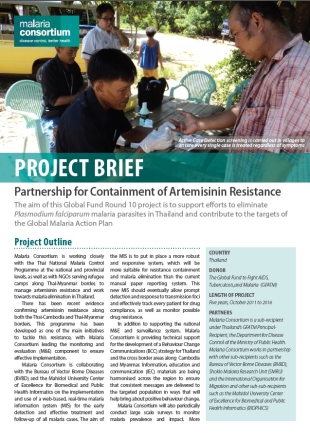 14/06/2013
Project brief
14/06/2013
Project brief
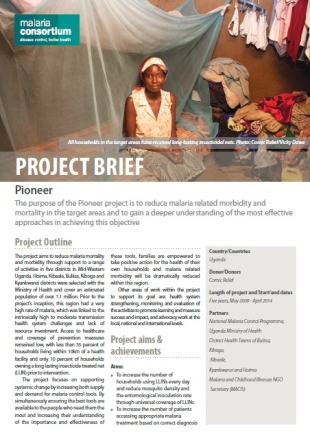 22/03/2013
Project brief
22/03/2013
Project brief
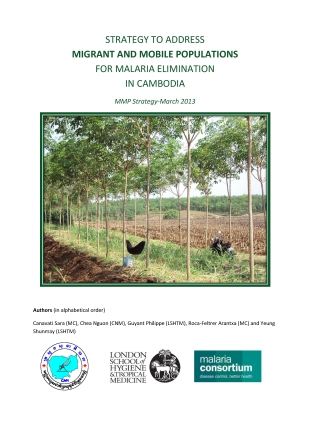 01/03/2013
Project report
01/03/2013
Project report
 19/12/2012
Journal article
19/12/2012
Journal article
 01/10/2012
Journal article
01/10/2012
Journal article
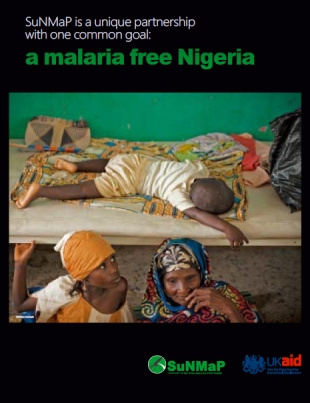 09/08/2012
Project brief
09/08/2012
Project brief
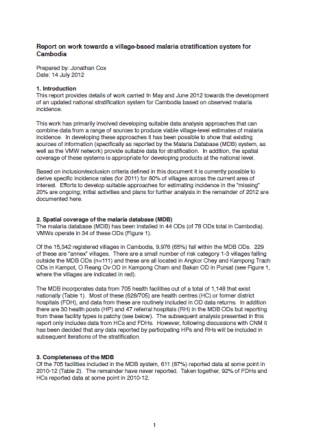 14/07/2012
Project report
14/07/2012
Project report
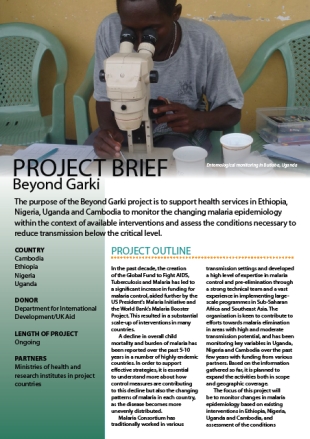 24/05/2012
Project brief
24/05/2012
Project brief
 10/04/2012
Journal article
10/04/2012
Journal article
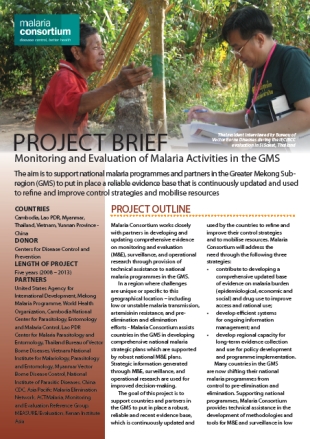 22/03/2012
Project brief
22/03/2012
Project brief
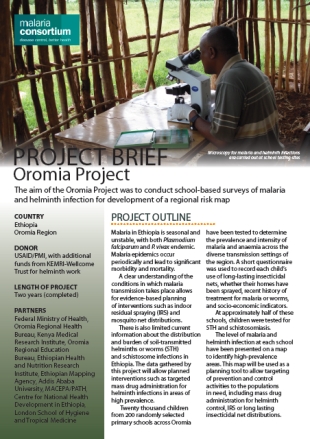 22/03/2012
Project brief
22/03/2012
Project brief
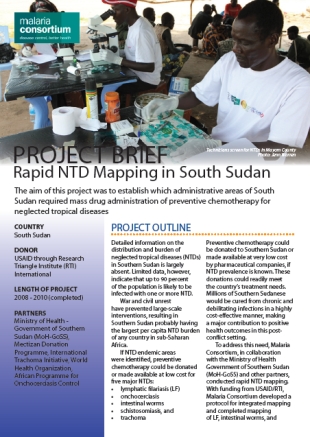 22/03/2012
Project brief
22/03/2012
Project brief
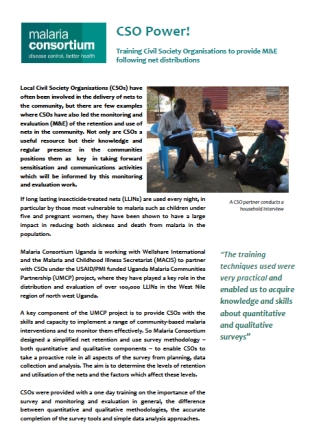 02/12/2011
Case study
02/12/2011
Case study
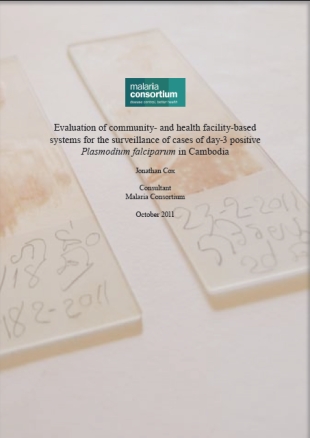 28/10/2011
Project report
28/10/2011
Project report
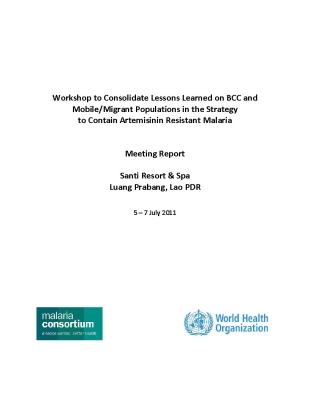 05/07/2011
Project report
05/07/2011
Project report
 25/01/2011
Journal article
25/01/2011
Journal article
 17/08/2010
Journal article
17/08/2010
Journal article
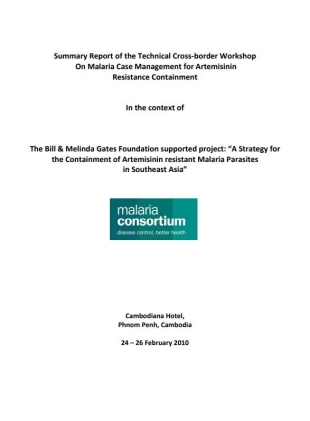 24/02/2010
Project report
24/02/2010
Project report
 01/02/2010
Journal article
01/02/2010
Journal article
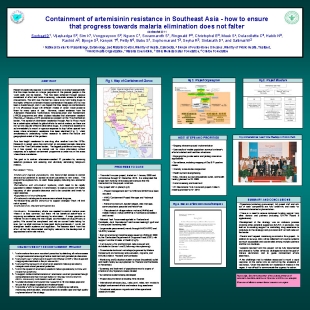 10/11/2009
Poster
10/11/2009
Poster
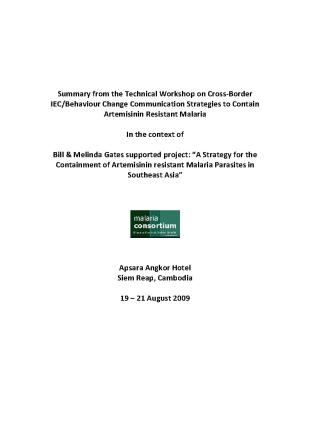 10/10/2009
Project report
10/10/2009
Project report
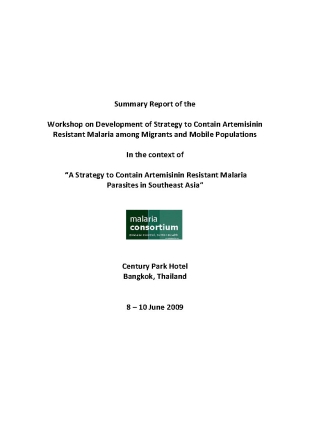 08/06/2009
Project report
08/06/2009
Project report
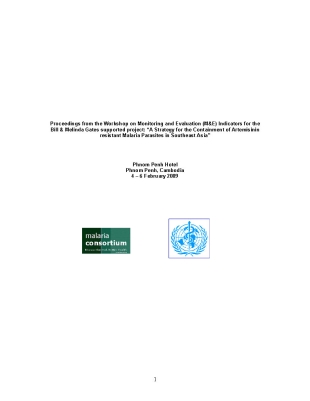 04/02/2009
Project report
04/02/2009
Project report
Surveillance
 28/03/2024
Project brief
28/03/2024
Project brief
Strengthening Uganda’s preparedness against arboviral threats
We are establishing a robust arboviral surveillance system as well as running training programmes and public awareness campaigns to bolster Uganda's defences against mosquito-borne viruses. 28/03/2024We are establishing a robust arboviral surveillance system as well as running training programmes and public awareness campaigns to bolster Uganda's defences against mosquito-borne viruses.
 08/03/2024
Capacity statement
08/03/2024
Capacity statement
Malaria Consortium Mozambique
Malaria Consortium is committed to reducing the burden of malaria and other communicable diseases in Mozambique, especially those affecting children under five. 08/03/2024Malaria Consortium is committed to reducing the burden of malaria and other communicable diseases in Mozambique, especially those affecting children under five.
 27/02/2024
Project brief
27/02/2024
Project brief
Severe malaria: Strengthening diagnosis and case management
Implementing a process of continuous quality improvement and addressing constraints on health workforce capacity will drive improvements in the quality of malaria diagnosis and case management in Kano, Nigeria. 27/02/2024Implementing a process of continuous quality improvement and addressing constraints on health workforce capacity will drive improvements in the quality of malaria diagnosis and case management in Kano, Nigeria.
 06/12/2023
Presentation
06/12/2023
Presentation
Implementation of an Electronic Community Health Information System and research lessons
Malaria Consortium has worked with the Ugandan Ministry of Health to develop and implement a digital tool to enhance service provision and surveillance of integrated community case management. 06/12/2023Malaria Consortium has worked with the Ugandan Ministry of Health to develop and implement a digital tool to enhance service provision and surveillance of integrated community case management.
 05/12/2023
Poster
05/12/2023
Poster
Assessing the acceptability and feasibility of digitalising the community health worker programme in Uganda
Digitalisation of community health programmes is highly acceptable to community health workers and could improve health services. 05/12/2023Digitalisation of community health programmes is highly acceptable to community health workers and could improve health services.
 07/11/2023
Poster
07/11/2023
Poster
Social and behaviour change matters for data quality: Lessons from strengthening Mozambique's malaria surveillance system for informed decision-making
Our social and behaviour change approach fosters sustained behaviour change by enabling individuals to critically assess their actions and adopt positive behaviours that enhance decision-making. 07/11/2023Our social and behaviour change approach fosters sustained behaviour change by enabling individuals to critically assess their actions and adopt positive behaviours that enhance decision-making.
 21/10/2023
Poster
21/10/2023
Poster
Implementing a large-scale community digital health platform in Mozambique: Lessons from upSCALE
upSCALE is a digital health solution that improves disease surveillance and community-based healthcare in Mozambique. 21/10/2023upSCALE is a digital health solution that improves disease surveillance and community-based healthcare in Mozambique.
 20/10/2023
Poster
20/10/2023
Poster
Assessing the impact of extending seasonal malaria chemoprevention from four to five monthly cycles in Burkina Faso
Extending seasonal malaria chemoprevention from four to five cycles was associated with further reductions in malaria incidence and deaths in Burkina Faso. 20/10/2023Extending seasonal malaria chemoprevention from four to five cycles was associated with further reductions in malaria incidence and deaths in Burkina Faso.
 20/10/2023
Poster
20/10/2023
Poster
Molecular surveillance of sulfadoxine-pyrimethamine and amodiaquine resistance markers in northeastern Uganda
Seasonal malaria chemoprevention has not notably altered sulfadoxine-pyrimethamine resistance after two consecutive annual rounds in northeastern Uganda. 20/10/2023Seasonal malaria chemoprevention has not notably altered sulfadoxine-pyrimethamine resistance after two consecutive annual rounds in northeastern Uganda.
 20/10/2023
Poster
20/10/2023
Poster
User satisfaction and influencing factors of an integrated malaria information system in Mozambique
Mozambique’s integrated malaria information storage system is easy to use and improves decision-making. However, the platform could be improved by ensuring timely data updates. 20/10/2023Mozambique’s integrated malaria information storage system is easy to use and improves decision-making. However, the platform could be improved by ensuring timely data updates.
 20/10/2023
Poster
20/10/2023
Poster
Analysing age-related trends in routine data through transmission modelling during seasonal malaria chemoprevention in Burkina Faso
Age-related variations in routine data can be attributed to non-malarial fevers and treatment-seeking behaviours, which mask the impact of seasonal malaria chemoprevention. 20/10/2023Age-related variations in routine data can be attributed to non-malarial fevers and treatment-seeking behaviours, which mask the impact of seasonal malaria chemoprevention.
 19/10/2023
Poster
19/10/2023
Poster
Rapid assessment of malaria surveillance system at district level in Mozambique
Completeness and accuracy of data were suboptimal at district level. The frequency of data quality assurance visits did not show clear improvements across all quality indicators. 19/10/2023Completeness and accuracy of data were suboptimal at district level. The frequency of data quality assurance visits did not show clear improvements across all quality indicators.
 25/08/2023
Capacity statement
25/08/2023
Capacity statement
Le développement des capacités
Le développement des capacités est un processus collaboratif sur mesure qui renforce la capacité des personnes et des organisations à contribuer à l’amélioration des performances des systèmes de santé. 25/08/2023Le développement des capacités est un processus collaboratif sur mesure qui renforce la capacité des personnes et des organisations à contribuer à l’amélioration des performances des systèmes de santé.
 21/08/2023
Capacity statement
21/08/2023
Capacity statement
Couverture sanitaire universelle
La couverture sanitaire universelle est essentielle pour la conception et la mise en oeuvre de nos programmes. 21/08/2023La couverture sanitaire universelle est essentielle pour la conception et la mise en oeuvre de nos programmes.
 15/08/2023
Project brief
15/08/2023
Project brief
Fortalecimento dos sistemas de vigilância da malária para melhorar a prevenção, diagnóstico e tratamento da malária em Moçambique
O objectivo da Iniciativa do Presidente dos EUA contra a Malária (PMI), o Programa de Reforço da Capacidade de Resposta da Malária do PMI (MCAPS) é melhorar a prestação de… 15/08/2023O objectivo da Iniciativa do Presidente dos EUA contra a Malária (PMI), o Programa de Reforço da Capacidade de Resposta da Malária do PMI (MCAPS) é melhorar a prestação de serviços de qualidade contra a malária.
 29/06/2023
Project brief
29/06/2023
Project brief
Institutionalising data ownership and data-informed decision-making for community health programmes in Mozambique
Integrating upSCALE into the Ministry of Health's surveillance systems will support data-driven decision-making for community health interventions. 29/06/2023Integrating upSCALE into the Ministry of Health's surveillance systems will support data-driven decision-making for community health interventions.
 05/06/2023
Capacity statement
05/06/2023
Capacity statement
Desenvolvimento de capacidades
A capacitação é um processo colaborativo que reforça a capacidade dos indivíduos e das organizações de melhorar o desempenho dos sistemas de saúde. 05/06/2023A capacitação é um processo colaborativo que reforça a capacidade dos indivíduos e das organizações de melhorar o desempenho dos sistemas de saúde.
 01/06/2023
Project brief
01/06/2023
Project brief
Strengthening malaria surveillance systems to improve malaria prevention, diagnosis and treatment in Mozambique
The U.S. President’s Malaria Initiative Malaria Capacity Strengthening Program aims to improve the provision of quality malaria services to reduce morbidity and mortality. 01/06/2023The U.S. President’s Malaria Initiative Malaria Capacity Strengthening Program aims to improve the provision of quality malaria services to reduce morbidity and mortality.
 26/05/2023
Capacity statement
26/05/2023
Capacity statement
Cobertura universal dos cuidados de saúde
A cobertura universal de saúde é fundamental para a conceção e implementação dos nossos programas. 26/05/2023A cobertura universal de saúde é fundamental para a conceção e implementação dos nossos programas.
 19/05/2023
Journal article
19/05/2023
Journal article
Anti-malarial resistance in Mozambique: Absence of Plasmodium falciparum Kelch 13 (K13) propeller domain polymorphisms associated with resistance to artemisinins
Although the results of this cross-sectional study do not show the emergence of artemisinin resistance in Mozambique, the high number of novel, non-synonymous mutations identified highlights the need for continued… 19/05/2023Although the results of this cross-sectional study do not show the emergence of artemisinin resistance in Mozambique, the high number of novel, non-synonymous mutations identified highlights the need for continued molecular surveillance for early detection.
 11/05/2023
Project report
11/05/2023
Project report
Strengthening malaria surveillance for data-driven decision making in Mozambique: June 2019 to December 2022
This document summarises the results of three-and-a-half years of programme implementation to scale up malaria surveillance activities in Mozambique. 11/05/2023This document summarises the results of three-and-a-half years of programme implementation to scale up malaria surveillance activities in Mozambique.
 24/02/2023
Project report
24/02/2023
Project report
Strengthening community-based malaria prevention and surveillance interventions in Southern Nations, Nationalities and Peoples’ Region, Ethiopia
The project’s goal was to contribute to the sustained reduction of malaria morbidity and disease severity in two districts of Wolaita zone. 24/02/2023The project’s goal was to contribute to the sustained reduction of malaria morbidity and disease severity in two districts of Wolaita zone.
 30/01/2023
Journal article
30/01/2023
Journal article
A hybrid effectiveness-implementation study protocol to assess the effectiveness and chemoprevention efficacy of implementing seasonal malaria chemoprevention in five districts in Karamoja region, Uganda
The study aims to test the effectiveness and safety of DP-SMC and SPAQ-SMC among 3–59 months old children in Karamoja region, Uganda. 30/01/2023The study aims to test the effectiveness and safety of DP-SMC and SPAQ-SMC among 3–59 months old children in Karamoja region, Uganda.
 15/12/2022
Case study
15/12/2022
Case study
Moçambique: A aprendizagem entre pares melhora a resposta à malária
Vito gere uma equipa de técnicos de saúde no Centro de Saúde Heber, distrito de Mecanhelas. Sua equipe fornece serviços de saúde essenciais para a população local. 15/12/2022Vito gere uma equipa de técnicos de saúde no Centro de Saúde Heber, distrito de Mecanhelas. Sua equipe fornece serviços de saúde essenciais para a população local.
 15/12/2022
Case study
15/12/2022
Case study
Moçambique: A diferença que a qualidade dos dados faz
Paula e Cacilda são pontos focais de malária no Centro de Saúde Mabil na província de Inhambane. Elas atendem uma média de 100 pacientes por dia. 15/12/2022Paula e Cacilda são pontos focais de malária no Centro de Saúde Mabil na província de Inhambane. Elas atendem uma média de 100 pacientes por dia.
 15/12/2022
Case study
15/12/2022
Case study
Moçambique: Equipa integrada melhora alocação de recursos
Dr. Santana, Médico Chefe Distrital, compartilha como ele gere o programa distrital de malária e distribui recursos de saúde em 19 unidades de sanitárias. 15/12/2022Dr. Santana, Médico Chefe Distrital, compartilha como ele gere o programa distrital de malária e distribui recursos de saúde em 19 unidades de sanitárias.
 12/12/2022
Capacity statement
12/12/2022
Capacity statement
Universal health coverage
Universal health coverage is fundamental to the design and implementation of our programmes. 12/12/2022Universal health coverage is fundamental to the design and implementation of our programmes.
 12/12/2022
Poster
12/12/2022
Poster
Impact of the digitised Community Health Toolkit on child health outcomes in rural Uganda
The digitised CHT intervention in Buikwe district was instrumental in enabling the availability of services for children under five in the community. 12/12/2022The digitised CHT intervention in Buikwe district was instrumental in enabling the availability of services for children under five in the community.
 06/12/2022
Insight brief
06/12/2022
Insight brief
Implementação de vigilância reactiva da malária em áreas de baixa transmissão: Lições de Moçambique
Avaliámos a viabilidade da inclusão de actividades de vigilância reactiva na programação da malária nos áreas de baixa transmissão e incidência de malária. 06/12/2022Avaliámos a viabilidade da inclusão de actividades de vigilância reactiva na programação da malária nos áreas de baixa transmissão e incidência de malária.
 06/12/2022
Learning brief
06/12/2022
Learning brief
Manutenção da transição dos dados à acção em Moçambique: Lições do terceiro ano de implementação de actividades de vigilância para o controlo da malária
Entre Junho de 2021 e Maio de 2022, Malaria Consortium e os seus parceiros de projecto implementaram uma variedade de actividades. 06/12/2022Entre Junho de 2021 e Maio de 2022, Malaria Consortium e os seus parceiros de projecto implementaram uma variedade de actividades.
 28/11/2022
Infographic
28/11/2022
Infographic
Strengthening Community-based Malaria Prevention and Surveillance Interventions in Ethiopia, 2019–2022
We successfully strengthened the malaria response in two districts of the Southern Nations Nationalities and Peoples’ Region, Ethiopia. 28/11/2022We successfully strengthened the malaria response in two districts of the Southern Nations Nationalities and Peoples’ Region, Ethiopia.
 01/11/2022
Poster
01/11/2022
Poster
Contributing to malaria elimination: Lessons from delivering Plasmodium vivax malaria radical cure in northern Cambodia
Community-led solutions are key to successful implementation of Plasmodium vivax radical cure. 01/11/2022Community-led solutions are key to successful implementation of Plasmodium vivax radical cure.
 01/11/2022
Poster
01/11/2022
Poster
Impact assessment of SMC using routine health surveillance data in Kogi state, Nigeria
Routine data can measure SMC impact if appropriate methods for selecting a comparison group are used. 01/11/2022Routine data can measure SMC impact if appropriate methods for selecting a comparison group are used.
 31/10/2022
Poster
31/10/2022
Poster
Optimising the delivery of routine malaria data quality assessments in Mozambique
Modelling exercises can optimise operational delivery of routine data quality assessments and support institutionalising this approach. 31/10/2022Modelling exercises can optimise operational delivery of routine data quality assessments and support institutionalising this approach.
 25/10/2022
Presentation
25/10/2022
Presentation
upSCALE: Strengthening mobile health to improve disease surveillance and community-based services in Mozambique
The upSCALE digital community health information platform facilitates improved quality of service delivery and, consequently, timely treatment. 25/10/2022The upSCALE digital community health information platform facilitates improved quality of service delivery and, consequently, timely treatment.
 25/10/2022
Case study
25/10/2022
Case study
Ethiopia: Supporting surveillance, outbreak detection and response
Health centre heads in Ethiopia share how they use the malaria surveillance dashboard to facilitate outbreak detection and response at the community level. 25/10/2022Health centre heads in Ethiopia share how they use the malaria surveillance dashboard to facilitate outbreak detection and response at the community level.
 20/10/2022
Case study
20/10/2022
Case study
Mozambique: Integrated team improves resource allocation in Manica district
Dr Santana, District Chief Medical Officer, shares how he manages the district malaria programme and distributes health resources across 19 health facilities. 20/10/2022Dr Santana, District Chief Medical Officer, shares how he manages the district malaria programme and distributes health resources across 19 health facilities.
 20/10/2022
Case study
20/10/2022
Case study
Mozambique: The difference data quality makes
Paula and Cacilda are malaria focal points at Mabil Health Facility in Inhambane province. They are treating an average of 100 patients a day. 20/10/2022Paula and Cacilda are malaria focal points at Mabil Health Facility in Inhambane province. They are treating an average of 100 patients a day.
 20/10/2022
Case study
20/10/2022
Case study
Mozambique: Peer-to-peer learning improves malaria response
Vito manages a team of health technicians at the Heber Health Facility in Mecanhelas district. His team provides essential health services for local patients. 20/10/2022Vito manages a team of health technicians at the Heber Health Facility in Mecanhelas district. His team provides essential health services for local patients.
 29/09/2022
Insight brief
29/09/2022
Insight brief
Implementing reactive malaria surveillance in low transmission areas: Insights from Mozambique
We assessed the feasibility of including reactive surveillance activities in malaria programming in areas of low malaria transmission and incidence. 29/09/2022We assessed the feasibility of including reactive surveillance activities in malaria programming in areas of low malaria transmission and incidence.
 29/09/2022
Learning brief
29/09/2022
Learning brief
Sustaining the data-to-action transition in Mozambique: Lessons learnt from the third year of strengthening malaria surveillance
With our project partners, we implemented a range of activities to improve surveillance data quality and to enhance the use of data for decision-making. 29/09/2022With our project partners, we implemented a range of activities to improve surveillance data quality and to enhance the use of data for decision-making.
 22/09/2022
Project brief
22/09/2022
Project brief
Implementação de um sistema de recolha de amostras e dados genômicos de qualidade assegurada em Moçambique
Os dados genômicos — ou seja, os dados de ADN dos organismos — constituem um importante complemento à vigilância de rotina. 22/09/2022Os dados genômicos — ou seja, os dados de ADN dos organismos — constituem um importante complemento à vigilância de rotina.
 01/09/2022
Learning brief
01/09/2022
Learning brief
Desenvolver uma cultura de acções baseadas em dados em Moçambique: Lições do segundo ano de implementação de actividades de vigilância para o controlo da malária
Para a sua eliminação, o país está a concentrar esforços para intensificar as suas actividades de controlo da malária. 01/09/2022Para a sua eliminação, o país está a concentrar esforços para intensificar as suas actividades de controlo da malária.
 15/08/2022
Project brief
15/08/2022
Project brief
Implementing a quality-assured genomic data and sample collection system in Mozambique
This project supports decision-making for malaria control and elimination by monitoring the genetic markers of the Plasmodium falciparum parasite. 15/08/2022This project supports decision-making for malaria control and elimination by monitoring the genetic markers of the Plasmodium falciparum parasite.
 21/07/2022
Learning brief
21/07/2022
Learning brief
Developing a data-to-action culture in Mozambique: Lessons learnt from the second year of implementing surveillance activities for malaria control
To reach elimination, Mozambique is making a concerted effort to scale up its malaria surveillance activities. 21/07/2022To reach elimination, Mozambique is making a concerted effort to scale up its malaria surveillance activities.
 01/07/2022
Journal article
01/07/2022
Journal article
Digital molecular diagnostics for infectious diseases in sub-Saharan Africa
The Digital Diagnostics for Africa Network have identified new technologies with the potential to bring the laboratory to the patient, wherever they may be. 01/07/2022The Digital Diagnostics for Africa Network have identified new technologies with the potential to bring the laboratory to the patient, wherever they may be.
 06/06/2022
Journal article
06/06/2022
Journal article
Surveillance as a core intervention to strengthen malaria control programmes in moderate to high transmission settings
Recent improvements in malaria surveillance have opened the possibility of transforming surveillance into a core intervention. 06/06/2022Recent improvements in malaria surveillance have opened the possibility of transforming surveillance into a core intervention.
 26/05/2022
Technical brief
26/05/2022
Technical brief
Suivi et évaluation de la chimioprévention du paludisme saisonnier par l’approche du cadre logique
Malaria Consortium a réalisé une analyse détaillée des aspects opérationnels du programme chimioprévention du paludisme saisonnier. 26/05/2022Malaria Consortium a réalisé une analyse détaillée des aspects opérationnels du programme chimioprévention du paludisme saisonnier.
 23/05/2022
Capacity statement
23/05/2022
Capacity statement
Malaria Consortium Asia
In Asia, we provide technical assistance and consulting services that shape and strengthen national and international health policies and develop local capacity. 23/05/2022In Asia, we provide technical assistance and consulting services that shape and strengthen national and international health policies and develop local capacity.
 30/03/2022
Capacity statement
30/03/2022
Capacity statement
Capacity development
Capacity development is a collaborative process that strengthens the ability of individuals and organisations to improve performance of health systems. 30/03/2022Capacity development is a collaborative process that strengthens the ability of individuals and organisations to improve performance of health systems.
 03/03/2022
Learning brief
03/03/2022
Learning brief
Improving malaria surveillance through existing community structures: Lessons learnt from Ethiopia
Existing community structures, such as health extension workers, play a pivotal role in improving malaria detection and surveillance in Ethiopia. 03/03/2022Existing community structures, such as health extension workers, play a pivotal role in improving malaria detection and surveillance in Ethiopia.
 04/02/2022
Technical brief
04/02/2022
Technical brief
Monitoring and evaluating seasonal malaria chemoprevention using a logical framework approach
Malaria Consortium has developed a comprehensive framework for monitoring and evaluating SMC programmes. 04/02/2022Malaria Consortium has developed a comprehensive framework for monitoring and evaluating SMC programmes.
 03/02/2022
Capacity statement
03/02/2022
Capacity statement
Malaria Consortium Uganda
In Uganda, we demonstrate pioneering work in integrated community case management, social behaviour change and community engagement. 03/02/2022In Uganda, we demonstrate pioneering work in integrated community case management, social behaviour change and community engagement.
 26/01/2022
Project brief
26/01/2022
Project brief
Supporting Uganda’s Malaria Reduction and Elimination Strategy (SUMRES): Working towards malaria-free districts in Uganda
The SUMRES project aims to implement integrated community case management and other vector control measures. 26/01/2022The SUMRES project aims to implement integrated community case management and other vector control measures.
 22/11/2021
Journal article
22/11/2021
Journal article
Health management information system data quality and associated factors in Massaguet district, Chad
For quality assessment, data on children under 15 years were obtained from the health management information system and the external patient register. 22/11/2021For quality assessment, data on children under 15 years were obtained from the health management information system and the external patient register.
 20/11/2021
Presentation
20/11/2021
Presentation
Improving quality and use of malaria surveillance data
Systematic assessments identified a need for an integrated malaria surveillance system in Mozambique. 20/11/2021Systematic assessments identified a need for an integrated malaria surveillance system in Mozambique.
 16/11/2021
Poster
16/11/2021
Poster
Fighting against malaria: The case of the U.S. President’s Malaria Initiative Malaria Action Program for Districts
Malaria health service delivery and mortality and morbidity indicators improved in MAPD-supported implementation districts. 16/11/2021Malaria health service delivery and mortality and morbidity indicators improved in MAPD-supported implementation districts.
 28/09/2021
Newsletter
28/09/2021
Newsletter
Septembro 2021 — Newsletter de vigilância da malária Moçambique
Este boletim informativo atualiza uma iniciativa que visa reforçar o sistema de vigilância da malária em Moçambique. 28/09/2021Este boletim informativo atualiza uma iniciativa que visa reforçar o sistema de vigilância da malária em Moçambique.
 28/09/2021
Newsletter
28/09/2021
Newsletter
September 2021 — Surveillance malaria newsletter Mozambique
This newsletter provides an update on an initiative aimed at strengthening the malaria surveillance system in Mozambique. 28/09/2021This newsletter provides an update on an initiative aimed at strengthening the malaria surveillance system in Mozambique.
 24/09/2021
Capacity statement
24/09/2021
Capacity statement
Malaria Consortium Cambodia
Malaria Consortium has established itself as a leading technical research and implementing organisation in Cambodia, with a presence in the country since 2003. 24/09/2021Malaria Consortium has established itself as a leading technical research and implementing organisation in Cambodia, with a presence in the country since 2003.
 17/08/2021
Presentation
17/08/2021
Presentation
MAPD cross-cutting strategies
This presentation outlines cross-cutting issues from the MAPD project in Uganda and highlights the successes from the project. 17/08/2021This presentation outlines cross-cutting issues from the MAPD project in Uganda and highlights the successes from the project.
 17/08/2021
Presentation
17/08/2021
Presentation
Effective malaria diagnosis and treatment activities implemented in support of the national malaria strategy
This presentation outlines the approaches used within the USAID Malaria Action Program for Districts project in Uganda. 17/08/2021This presentation outlines the approaches used within the USAID Malaria Action Program for Districts project in Uganda.
 17/08/2021
Presentation
17/08/2021
Presentation
Effective malaria prevention programs implemented in support of the national malaria control strategy
This presentation highlights effective malaria prevention programs implemented as part of the USAID Malaria Action Program for Districts. 17/08/2021This presentation highlights effective malaria prevention programs implemented as part of the USAID Malaria Action Program for Districts.
 10/08/2021
Project brief
10/08/2021
Project brief
Reducing the malaria burden in Nigeria
We support Nigeria’s National Malaria Elimination Programme to deliver interventions that are designed to develop capacity around reporting and case management. 10/08/2021We support Nigeria’s National Malaria Elimination Programme to deliver interventions that are designed to develop capacity around reporting and case management.
 22/07/2021
Journal article
22/07/2021
Journal article
The role of adaptive surveillance as a core intervention to achieve malaria elimination
A strong surveillance system is critical to implementing an efficient and effective malaria programme to accelerate progress towards malaria elimination. 22/07/2021A strong surveillance system is critical to implementing an efficient and effective malaria programme to accelerate progress towards malaria elimination.
 06/07/2021
Capacity statement
06/07/2021
Capacity statement
Malaria Consortium Mozambique
In Mozambique, we support the government’s efforts to develop functional malaria surveillance systems. 06/07/2021In Mozambique, we support the government’s efforts to develop functional malaria surveillance systems.
 01/07/2021
Learning brief
01/07/2021
Learning brief
Facilitando uma planificação baseada em evidências em Moçambique
Para acelerar a eliminação da malária em Moçambique, um sistema de vigilância da malária funcional e responsivo é necessário. 01/07/2021Para acelerar a eliminação da malária em Moçambique, um sistema de vigilância da malária funcional e responsivo é necessário.
 26/06/2021
Journal article
26/06/2021
Journal article
Aedes species (Diptera: Culicidae) ecological and host feeding patterns in the north-eastern parts of South Africa, 2014–2018
This study used entomological surveillance in selected areas to assess mosquito diversity, with special emphasis on the Aedes species. 26/06/2021This study used entomological surveillance in selected areas to assess mosquito diversity, with special emphasis on the Aedes species.
 18/06/2021
Learning brief
18/06/2021
Learning brief
Reforço da vigilância para actividades de controlo da malária baseadas em dados: Lições do primeiro ano de implementação em Moçambique
As soluções de saúde digital ajudaram a superar os desafios logísticos, como aqueles decorrentes das condições meteorológicas adversas e da instabilidade política. 18/06/2021As soluções de saúde digital ajudaram a superar os desafios logísticos, como aqueles decorrentes das condições meteorológicas adversas e da instabilidade política.
 09/06/2021
Journal article
09/06/2021
Journal article
Prevalence and seroprevalence of Plasmodium infection in Myanmar reveals highly heterogeneous transmission and a large hidden reservoir of infection
The results of the first ever Myanmar Malaria Indicator Survey reveal programmatically important epidemiological findings not apparent in routine surveillance data. 09/06/2021The results of the first ever Myanmar Malaria Indicator Survey reveal programmatically important epidemiological findings not apparent in routine surveillance data.
 07/06/2021
Journal article
07/06/2021
Journal article
Reactive, self-administered malaria treatment against asymptomatic malaria infection
In the Gambia, this study co-developed and tested a trans-disciplinary approach to reduce prevalence in participating communities. 07/06/2021In the Gambia, this study co-developed and tested a trans-disciplinary approach to reduce prevalence in participating communities.
 02/06/2021
Project brief
02/06/2021
Project brief
Chimioprévention du paludisme saisonnier: Protéger les enfants de moins de cinq ans contre le paludisme durant les pics de transmission saisonniers
En 2021, notre programme vise à atteindre 20 millions d’enfants au Burkina Faso, au Tchad, au Nigéria et au Togo. 02/06/2021En 2021, notre programme vise à atteindre 20 millions d’enfants au Burkina Faso, au Tchad, au Nigéria et au Togo.
 02/06/2021
Project brief
02/06/2021
Project brief
Quimioprevenção sazonal da malária: Proteger os menores de cinco anos contra a malária durante a época alta de transmissão
Em 2021, o nosso programa tem como objectivo alcançar 20 milhões de crianças no Burquina Faso, Chade, Nigéria e Togo. 02/06/2021Em 2021, o nosso programa tem como objectivo alcançar 20 milhões de crianças no Burquina Faso, Chade, Nigéria e Togo.
 29/05/2021
Journal article
29/05/2021
Journal article
Report of the 2018 annual meeting of the Asia Pacific Malaria Elimination Network Vector Control Working Group
The annual meeting took place 3–5 September 2018 in Bangkok, Thailand. Highlights from the meeting are described in this report. 29/05/2021The annual meeting took place 3–5 September 2018 in Bangkok, Thailand. Highlights from the meeting are described in this report.
 28/05/2021
Newsletter
28/05/2021
Newsletter
May 2021 — Surveillance malaria newsletter Mozambique
This newsletter gives an update on an initiative that aims to strengthen the malaria surveillance system in Mozambique. 28/05/2021This newsletter gives an update on an initiative that aims to strengthen the malaria surveillance system in Mozambique.
 28/05/2021
Newsletter
28/05/2021
Newsletter
Maio 2021 — Newsletter de vigilância da malária Moçambique
Esta newsletter atualiza uma iniciativa implementada com o objetivo de reforçar o sistema de vigilância da malária em Moçambique. 28/05/2021Esta newsletter atualiza uma iniciativa implementada com o objetivo de reforçar o sistema de vigilância da malária em Moçambique.
 20/05/2021
Learning brief
20/05/2021
Learning brief
Facilitating evidence-informed programming in Mozambique
With our partners, we worked to develop and provide the needed intelligence to allocate resources and target interventions effectively. 20/05/2021With our partners, we worked to develop and provide the needed intelligence to allocate resources and target interventions effectively.
 13/05/2021
Project brief
13/05/2021
Project brief
Seasonal malaria chemoprevention: Protecting children under five from malaria during peak transmission season
In 2021, Malaria Consortium's SMC programme aims to reach 20 million children in Burkina Faso, Chad, Nigeria and Togo. 13/05/2021In 2021, Malaria Consortium's SMC programme aims to reach 20 million children in Burkina Faso, Chad, Nigeria and Togo.
 19/04/2021
Capacity statement
19/04/2021
Capacity statement
Malaria Consortium Ethiopia
In Ethiopia, we are tackling malaria, neglected tropical diseases and poor child health indicators through innovative approaches to health systems strengthening. 19/04/2021In Ethiopia, we are tackling malaria, neglected tropical diseases and poor child health indicators through innovative approaches to health systems strengthening.
 26/03/2021
Journal article
26/03/2021
Journal article
Health and demographic surveillance system: A potential tool for solving challenges associated with epidemic surveillance and social protection scheme for COVID-19 pandemic response in Nigeria
A health and demographic surveillance system has the potential to strengthen the coping strategies of citizens in the face of the COVID-19 pandemic. 26/03/2021A health and demographic surveillance system has the potential to strengthen the coping strategies of citizens in the face of the COVID-19 pandemic.
 11/03/2021
Learning brief
11/03/2021
Learning brief
Strengthening surveillance for data-informed malaria control activities
During the first year of implementing our three-year project in Mozambique, we carried out general activities to accelerate malaria case reduction. 11/03/2021During the first year of implementing our three-year project in Mozambique, we carried out general activities to accelerate malaria case reduction.
 26/02/2021
Learning brief
26/02/2021
Learning brief
Implementing a community-based approach to indoor residual spraying to improve acceptance, cost-effectiveness and efficiency
With support from the James Percy Foundation, we helped to implement a community-based indoor residual spraying campaign in two districts in Ethiopia. 26/02/2021With support from the James Percy Foundation, we helped to implement a community-based indoor residual spraying campaign in two districts in Ethiopia.
 25/02/2021
Case study
25/02/2021
Case study
Strengthen community-based malaria services through improved planning and engagement across the health system
Hear from stakeholders how the project is strengthening the delivery and management of malaria control interventions at the primary healthcare unit in Ethiopia. 25/02/2021Hear from stakeholders how the project is strengthening the delivery and management of malaria control interventions at the primary healthcare unit in Ethiopia.
 24/02/2021
Project brief
24/02/2021
Project brief
Expanding mobile malaria services to hard-to-reach communities in northern Cambodia
We are supporting the continued delivery of effective malaria prevention and control services in Cambodia, especially to hard-to-reach communities. 24/02/2021We are supporting the continued delivery of effective malaria prevention and control services in Cambodia, especially to hard-to-reach communities.
 22/02/2021
Journal article
22/02/2021
Journal article
Eliminating Plasmodium falciparum malaria: Results from tailoring active case detection approaches to remote populations in forested border areas in north-eastern Cambodia
This case study presents a successful approach to implementing tailored active case detection strategies in forested border areas in north-eastern Cambodia. 22/02/2021This case study presents a successful approach to implementing tailored active case detection strategies in forested border areas in north-eastern Cambodia.
 15/02/2021
Case study
15/02/2021
Case study
Educating communities on malaria and COVID-19 prevention through radio messages
Zenebech and her family live in Boloso Sore district, Ethiopia, where our project aims to ensure health messages are accessible to all community members. 15/02/2021Zenebech and her family live in Boloso Sore district, Ethiopia, where our project aims to ensure health messages are accessible to all community members.
 14/02/2021
Case study
14/02/2021
Case study
Training health extension workers on malaria outbreak detection
Beletech, a health extension worker in rural Ethiopia, has undertaken training in malaria outbreak response, read her story. 14/02/2021Beletech, a health extension worker in rural Ethiopia, has undertaken training in malaria outbreak response, read her story.
 19/01/2021
Journal article
19/01/2021
Journal article
Assessment of COVID-19 information overload among the general public
This assessment sought to measure the level of COVID-19 information overload and assess the sociodemographic characteristics among the public. 19/01/2021This assessment sought to measure the level of COVID-19 information overload and assess the sociodemographic characteristics among the public.
 09/01/2021
Journal article
09/01/2021
Journal article
Drug resistance markers within an evolving efficacy of anti-malarial drugs in Cameroon: A systematic review and meta-analysis (1998–2020)
This review determines the prevalence and distribution of Plasmodium falciparum medicine resistance markers within an evolving efficacy of anti-malarial medicines. 09/01/2021This review determines the prevalence and distribution of Plasmodium falciparum medicine resistance markers within an evolving efficacy of anti-malarial medicines.
 09/01/2021
Journal article
09/01/2021
Journal article
New assessment of Anopheles vector species identification using MALDI-TOF MS
To determine the body part of Anopheles mosquitoes best suited for the identification of field specimens, a mass spectral library was generated. 09/01/2021To determine the body part of Anopheles mosquitoes best suited for the identification of field specimens, a mass spectral library was generated.
 23/12/2020
Capacity statement
23/12/2020
Capacity statement
Malaria Consortium Myanmar
In Myanmar, we have forged strong relationships with in-country and regional partners and government bodies, and offer a wealth of technical expertise. 23/12/2020In Myanmar, we have forged strong relationships with in-country and regional partners and government bodies, and offer a wealth of technical expertise.
 14/12/2020
Journal article
14/12/2020
Journal article
COVID-19 knowledge, beliefs, prevention behaviours and misinformation in the context of an adapted seasonal malaria chemoprevention campaign in six northern Nigerian states
In response to the global COVID-19 pandemic, we adapted our SMC delivery model to ensure safety of distributors, data collectors and communities. 14/12/2020In response to the global COVID-19 pandemic, we adapted our SMC delivery model to ensure safety of distributors, data collectors and communities.
 26/11/2020
Synopsis
26/11/2020
Synopsis
Assessing the usability of a geospatial platform for seasonal malaria chemoprevention
We are piloting the use of a geospatial platform called Reveal to support the planning, distribution and tracking of SMC in northern Nigeria. 26/11/2020We are piloting the use of a geospatial platform called Reveal to support the planning, distribution and tracking of SMC in northern Nigeria.
 19/11/2020
Presentation
19/11/2020
Presentation
Piloting Reveal for use in seasonal malaria chemoprevention in Nigeria
This presentation gives an overview of a new pilot study that explores the possibility of digitising the management of SMC via the Reveal platform. 19/11/2020This presentation gives an overview of a new pilot study that explores the possibility of digitising the management of SMC via the Reveal platform.
 18/11/2020
Presentation
18/11/2020
Presentation
Assessing the impact of seasonal malaria chemoprevention on suspected and confirmed malaria cases in Chad using routine clinical data, 2013–2018
This presentation aims to generate evidence on the impact of SMC at scale. 18/11/2020This presentation aims to generate evidence on the impact of SMC at scale.
 18/11/2020
Presentation
18/11/2020
Presentation
An ecological analysis exploring the impact of seasonal malaria chemoprevention in Burkina Faso using national household surveys (2010–2017)
This presentation investigates whether the effect of SMC can be observed in household data, and to add to the evidence base of SMC impact when implemented at scale. 18/11/2020This presentation investigates whether the effect of SMC can be observed in household data, and to add to the evidence base of SMC impact when implemented at scale.
 17/11/2020
Poster
17/11/2020
Poster
Quality of care for children with malaria at private health facilities in Uganda: A cross-sectional study
Sub-optimal knowledge, practices and healthcare system support in private health facilities impact on the provision of quality malaria case management in Uganda. 17/11/2020Sub-optimal knowledge, practices and healthcare system support in private health facilities impact on the provision of quality malaria case management in Uganda.
 17/11/2020
Poster
17/11/2020
Poster
Identifying Mozambican community health workers’ knowledge, attitudes and practices around COVID-19
Successful adaptation of a Mozambican digital health platform provided real-time data that is informing community health workers’ COVID-19 practices. 17/11/2020Successful adaptation of a Mozambican digital health platform provided real-time data that is informing community health workers’ COVID-19 practices.
 16/11/2020
Presentation
16/11/2020
Presentation
Health workers’ malaria case management practices in south-central Uganda, 2017–2019
This study sought to compare health workers' practices in project and non-project districts. 16/11/2020This study sought to compare health workers' practices in project and non-project districts.
 01/11/2020
Newsletter
01/11/2020
Newsletter
October 2020 — Surveillance malaria newsletter Mozambique
This newsletter provides an update on an initiative that aims to strengthen the malaria surveillance system in Mozambique. 01/11/2020This newsletter provides an update on an initiative that aims to strengthen the malaria surveillance system in Mozambique.
 01/11/2020
Newsletter
01/11/2020
Newsletter
Outubro 2020 — Surveillance malaria newsletter Moçambique
Esta newsletter atualiza uma iniciativa que visa reforçar o sistema de vigilância da malária em Moçambique. 01/11/2020Esta newsletter atualiza uma iniciativa que visa reforçar o sistema de vigilância da malária em Moçambique.
 30/10/2020
Project report
30/10/2020
Project report
USAID Malaria Action Program for Districts: Year 4 report
During its fourth year, the project continued to conduct capacity building and health system strengthening despite the emergence of the COVID-19 pandemic. 30/10/2020During its fourth year, the project continued to conduct capacity building and health system strengthening despite the emergence of the COVID-19 pandemic.
 19/10/2020
Synopsis
19/10/2020
Synopsis
Designing and implementing a monitoring and evaluation framework for seasonal malaria chemoprevention
We are developing a monitoring and evaluation framework for SMC to facilitate appraisal of the quality of programme delivery across countries. 19/10/2020We are developing a monitoring and evaluation framework for SMC to facilitate appraisal of the quality of programme delivery across countries.
 15/09/2020
Case study
15/09/2020
Case study
Tumuramye’s story about preventing malaria infection in his family
USAID’s Malaria Action Program for Districts in Uganda trained key influencers to use the ‘zooming in’ approach — a data-driven surveillance approach. 15/09/2020USAID’s Malaria Action Program for Districts in Uganda trained key influencers to use the ‘zooming in’ approach — a data-driven surveillance approach.
 26/08/2020
Capacity statement
26/08/2020
Capacity statement
Paludisme : Surveillance et réponse
Cette déclaration de capacité détaille notre expertise substantielle en matière de surveillance et de riposte, en mettant en évidence des projets en Afrique et en Asie. 26/08/2020Cette déclaration de capacité détaille notre expertise substantielle en matière de surveillance et de riposte, en mettant en évidence des projets en Afrique et en Asie.
 26/08/2020
Capacity statement
26/08/2020
Capacity statement
Vigilância e resposta à malária
Esta declaração de capacidade detalha nossa experiência substancial em vigilância e resposta à malária, destacando projetos na África e na Ásia. 26/08/2020Esta declaração de capacidade detalha nossa experiência substancial em vigilância e resposta à malária, destacando projetos na África e na Ásia.
 29/07/2020
Capacity statement
29/07/2020
Capacity statement
Malaria surveillance and response
This capacity statement details our substantial expertise in malaria surveillance and response, highlighting projects in Africa and Asia. 29/07/2020This capacity statement details our substantial expertise in malaria surveillance and response, highlighting projects in Africa and Asia.
 23/07/2020
Project brief
23/07/2020
Project brief
Supporting frontline health workers in Uganda: Strengthening capacity during COVID-19 and beyond
With Mastercard Foundation, we are developing the capacity of frontline health workers to tackle COVID-19 while providing community case management services. 23/07/2020With Mastercard Foundation, we are developing the capacity of frontline health workers to tackle COVID-19 while providing community case management services.
 16/07/2020
Position statement
16/07/2020
Position statement
S’adapter pour réduire l’impact du changement climatique sur la santé
Nous pensons qu’il est essentiel de continuer à intégrer les réponses aux risques liés au climat dans nos programmes. 16/07/2020Nous pensons qu’il est essentiel de continuer à intégrer les réponses aux risques liés au climat dans nos programmes.
 16/07/2020
Position statement
16/07/2020
Position statement
Adaptação para minimizar os impactos das alterações climáticas na saúde
Consideramos essencial continuar a incorporar respostas aos riscos relacionados com o clima nos nossos programas. 16/07/2020Consideramos essencial continuar a incorporar respostas aos riscos relacionados com o clima nos nossos programas.
 18/06/2020
Project brief
18/06/2020
Project brief
Apoio aos agentes comunitários de saúde em Moçambique para responderem ao COVID-19: Adaptação da plataforma digital upSCALE
Fizemos adaptações tecnológicas à plataforma digital upSCALE existente em Moçambique para apoiar os profissionais de saúde a responder à pandemia. 18/06/2020Fizemos adaptações tecnológicas à plataforma digital upSCALE existente em Moçambique para apoiar os profissionais de saúde a responder à pandemia.
 11/06/2020
Position statement
11/06/2020
Position statement
Endiguer la progression de la dengue dans le monde
Pour lutter contre la dengue, nous devons de toute urgence augmenter le financement de la mise au point de vaccins et renforcer la collaboration mondiale. 11/06/2020Pour lutter contre la dengue, nous devons de toute urgence augmenter le financement de la mise au point de vaccins et renforcer la collaboration mondiale.
 11/06/2020
Position statement
11/06/2020
Position statement
Conter o crescimento da dengue a nível global
Para combater a dengue, precisamos urgentemente aumentar o financiamento para o desenvolvimento de vacinas e aumentar a colaboração global. 11/06/2020Para combater a dengue, precisamos urgentemente aumentar o financiamento para o desenvolvimento de vacinas e aumentar a colaboração global.
 05/06/2020
Position statement
05/06/2020
Position statement
Adapting to minimise the health impacts of climatic changes
We believe it is essential to continue to incorporate responses to climate-related risks into our programmes. 05/06/2020We believe it is essential to continue to incorporate responses to climate-related risks into our programmes.
 29/05/2020
Project brief
29/05/2020
Project brief
Supporting community health workers in Mozambique to respond to COVID-19: Adapting the upSCALE digital platform
We made technological adaptations to Mozambique's existing upSCALE digital platform to support health workers' ability to respond to the pandemic. 29/05/2020We made technological adaptations to Mozambique's existing upSCALE digital platform to support health workers' ability to respond to the pandemic.
 26/05/2020
Journal article
26/05/2020
Journal article
Protecting children in low-income and middle-income countries from COVID-19
Drawing on our shared child pneumonia experience globally, we highlight the potential impacts of COVID-19 on children and propose a collective response. 26/05/2020Drawing on our shared child pneumonia experience globally, we highlight the potential impacts of COVID-19 on children and propose a collective response.
 26/04/2020
Newsletter
26/04/2020
Newsletter
April 2020 — Surveillance malaria newsletter Mozambique
This newsletter provides an update on an initiative implemented by Malaria Consortium in partnership with the Ministry of Health. 26/04/2020This newsletter provides an update on an initiative implemented by Malaria Consortium in partnership with the Ministry of Health.
 26/04/2020
Newsletter
26/04/2020
Newsletter
Abril 2020 — Surveillance malaria newsletter Moçambique
Este boletim informativo fornece informações atualizadas sobre uma iniciativa implementada pelo Malaria Consortium em parceria com o Ministério da Saúde. 26/04/2020Este boletim informativo fornece informações atualizadas sobre uma iniciativa implementada pelo Malaria Consortium em parceria com o Ministério da Saúde.
 30/03/2020
Newsletter
30/03/2020
Newsletter
March 2020 upSCALE newsletter Mozambique
Welcome to our first newsletter on the upSCALE project in Mozambique. 30/03/2020Welcome to our first newsletter on the upSCALE project in Mozambique.
 30/03/2020
Newsletter
30/03/2020
Newsletter
Março 2020 upSCALE newsletter Moçambique
Bem-vindo à nossa primeira newsletter sobre o projeto upSCALE em Moçambique. 30/03/2020Bem-vindo à nossa primeira newsletter sobre o projeto upSCALE em Moçambique.
 24/03/2020
Position statement
24/03/2020
Position statement
Stemming the rising tide of global dengue
To tackle dengue, we urgently need to increase funding for vaccine development, improve real-time case surveillance systems, vector control and enhance global collaboration. 24/03/2020To tackle dengue, we urgently need to increase funding for vaccine development, improve real-time case surveillance systems, vector control and enhance global collaboration.
 23/03/2020
Case study
23/03/2020
Case study
Training health extension workers in Ethiopia to provide community-based malaria prevention
Read the stories of Elfinesh Goa and Mebrat Haile, health extension workers in Wolaita zone, Ethiopia. 23/03/2020Read the stories of Elfinesh Goa and Mebrat Haile, health extension workers in Wolaita zone, Ethiopia.
 23/03/2020
Case study
23/03/2020
Case study
Working with communities in Ethiopia to prevent the spread of malaria
In Ethiopia, health extension workers and the Health Development Army are working with communities to prevent malaria. 23/03/2020In Ethiopia, health extension workers and the Health Development Army are working with communities to prevent malaria.
 11/02/2020
Project brief
11/02/2020
Project brief
Scaling up for universal coverage and impact
The Scaling Up for Universal Coverage and Impact project aims to reduce malaria morbidity and mortality by 80 percent by 2020 in South Sudan. 11/02/2020The Scaling Up for Universal Coverage and Impact project aims to reduce malaria morbidity and mortality by 80 percent by 2020 in South Sudan.
 17/12/2019
Brochure
17/12/2019
Brochure
Partnering with governments to improve maternal and child health
This brochure offers examples of the technical assistance we have provided to various governments. 17/12/2019This brochure offers examples of the technical assistance we have provided to various governments.
 10/12/2019
Project brief
10/12/2019
Project brief
Post-distribution monitoring of long-lasting insecticidal nets in Uganda
This post-distribution monitoring project will track the ownership, use and condition of long-lasting insecticidal nets in 419,100 households. 10/12/2019This post-distribution monitoring project will track the ownership, use and condition of long-lasting insecticidal nets in 419,100 households.
 27/11/2019
Project brief
27/11/2019
Project brief
upSCALE: Fortalecimento do sistema digital de saúde
Temos sido o principal parceiro de implementação de um sistema digital de informação de saúde comunitária em escala chamado upSCALE. 27/11/2019Temos sido o principal parceiro de implementação de um sistema digital de informação de saúde comunitária em escala chamado upSCALE.
 22/11/2019
Poster
22/11/2019
Poster
Malaria morbidity and mortality trends in central Uganda
In the last quarter of 2016, the MAPD project instituted several interventions to prevent and control malaria in nine high-burden districts in Uganda. 22/11/2019In the last quarter of 2016, the MAPD project instituted several interventions to prevent and control malaria in nine high-burden districts in Uganda.
 20/11/2019
Advocacy report
20/11/2019
Advocacy report
The spread of superbugs: Why low- and middle-income countries must act now to tackle antimicrobial resistance
A coordinated, cross-sectoral and multi-pronged approach is needed at all levels of government to ensure an effective and targeted response. 20/11/2019A coordinated, cross-sectoral and multi-pronged approach is needed at all levels of government to ensure an effective and targeted response.
 12/11/2019
Project brief
12/11/2019
Project brief
upSCALE: Strengthening mobile health in Mozambique
We provided technical assistance to the Ministry of Health to improve disease surveillance and community-based maternal and child healthcare. 12/11/2019We provided technical assistance to the Ministry of Health to improve disease surveillance and community-based maternal and child healthcare.
 30/10/2019
Project report
30/10/2019
Project report
USAID Malaria Action Program for Districts: Year 3 report
During MAPD's third year, the project overcame a number of additional challenges including prolonged upsurges of malaria in some districts. Read the Year 3 report in full... 30/10/2019During MAPD's third year, the project overcame a number of additional challenges including prolonged upsurges of malaria in some districts. Read the Year 3 report in full...
 24/10/2019
Project brief
24/10/2019
Project brief
Expanding integrated community case management for maternal and child survival
We supported the Ministry of Health in Uganda to strengthen referral systems for under-fives with danger signs, and to deliver integrated community-level services. 24/10/2019We supported the Ministry of Health in Uganda to strengthen referral systems for under-fives with danger signs, and to deliver integrated community-level services.
 23/09/2019
Insight brief
23/09/2019
Insight brief
Equipment challenges in rolling out mobile health solutions
This insight brief outlines the lessons we learnt through implementing the digital platform upSCALE in Mozambique. 23/09/2019This insight brief outlines the lessons we learnt through implementing the digital platform upSCALE in Mozambique.
 23/09/2019
Project brief
23/09/2019
Project brief
Regional health integration to enhance services in eastern Uganda
Our project supports the delivery of malaria prevention and treatment interventions, as well as maternal, newborn and child care activities in Uganda. 23/09/2019Our project supports the delivery of malaria prevention and treatment interventions, as well as maternal, newborn and child care activities in Uganda.
 10/09/2019
Project brief
10/09/2019
Project brief
Building capacity for malaria elimination in southern Cambodia
The RAI2E project will improve existing technical and programme management skills of health centre staff in southern Cambodia. 10/09/2019The RAI2E project will improve existing technical and programme management skills of health centre staff in southern Cambodia.
 30/08/2019
Newsletter
30/08/2019
Newsletter
August 2019 newsletter
Our August 2019 newsletter features a blog from USAID's Malaria Action Program for Districts in Uganda and updates from Mozambique. 30/08/2019Our August 2019 newsletter features a blog from USAID's Malaria Action Program for Districts in Uganda and updates from Mozambique.
 07/08/2019
Infographic
07/08/2019
Infographic
Surveillance
This fact sheet explains what surveillance is and why it is important. 07/08/2019This fact sheet explains what surveillance is and why it is important.
 06/08/2019
Project brief
06/08/2019
Project brief
Fortalecimento da vigilância da Malária em Moçambique para tomada de decisão baseado em dados
O objetivo deste projeto é fortalecer a qualidade dos dados e estabelecer uma cultura de uso e ação de dados para ação em Moçambique. 06/08/2019O objetivo deste projeto é fortalecer a qualidade dos dados e estabelecer uma cultura de uso e ação de dados para ação em Moçambique.
 29/07/2019
Project brief
29/07/2019
Project brief
Strengthening malaria surveillance for data-driven decision making in Mozambique
The aim of this project is to strengthen data quality and establish a data-use and data-to-action culture in Mozambique. 29/07/2019The aim of this project is to strengthen data quality and establish a data-use and data-to-action culture in Mozambique.
 25/06/2019
Journal article
25/06/2019
Journal article
Integrated community case management: Planning for sustainability in five African countries
We designed an iterative and unique process for each Rapid Access Expansion Programme area which involved creating a sustainability framework. 25/06/2019We designed an iterative and unique process for each Rapid Access Expansion Programme area which involved creating a sustainability framework.
 20/06/2019
Project brief
20/06/2019
Project brief
Strengthening community-based malaria prevention and surveillance interventions
This project will strengthen the management and technical capacity of the primary health care unit to continue implementing impactful malaria control interventions. 20/06/2019This project will strengthen the management and technical capacity of the primary health care unit to continue implementing impactful malaria control interventions.
 20/06/2019
Project brief
20/06/2019
Project brief
PMI VectorLink: Integrated malaria vector control
Malaria Consortium provides technical assistance to help governments develop integrated vector control strategies and insecticide resistance management plans. 20/06/2019Malaria Consortium provides technical assistance to help governments develop integrated vector control strategies and insecticide resistance management plans.
 30/03/2019
Capacity statement
30/03/2019
Capacity statement
Malaria Consortium's global capability statement
Our global capability statement describes our approach and expertise, and details the way we work. 30/03/2019Our global capability statement describes our approach and expertise, and details the way we work.
 11/02/2019
Project brief
11/02/2019
Project brief
Support to the National Malaria Programme in Nigeria 2
The SuNMap project aims to improve the planning, financing and delivery of sustainable malaria programmes across 165 local government areas in six states of Nigeria. 11/02/2019The SuNMap project aims to improve the planning, financing and delivery of sustainable malaria programmes across 165 local government areas in six states of Nigeria.
 04/02/2019
Project brief
04/02/2019
Project brief
Supporting government to control malaria in Uganda
The USAID’s Malaria Action Program for Districts aims to strengthen the government’s capacity to design, plan and monitor malaria control activities. 04/02/2019The USAID’s Malaria Action Program for Districts aims to strengthen the government’s capacity to design, plan and monitor malaria control activities.
 31/10/2018
Poster
31/10/2018
Poster
Using the collaborative quality improvement approach to increase adherence to the test, treat, and track malaria case management framework: Experiences from 10 health facilities in Uganda
Malaria is a leading cause of morbidity and mortality in Uganda. In an effort to reduce the country’s malaria burden, the Ministry of Health incorporated a number of World Health… 31/10/2018Malaria is a leading cause of morbidity and mortality in Uganda. In an effort to reduce the country’s malaria burden, the Ministry of Health incorporated a number of World Health Organization recommendations on how to prevent, diagnose and treat malaria…
 30/10/2018
Project report
30/10/2018
Project report
USAID Malaria Action Program for Districts: Year 2 report
During its second year, the project contributed to reducing new malaria infections, increased access to treatment and reduced death. Read the Year 2 report in full... 30/10/2018During its second year, the project contributed to reducing new malaria infections, increased access to treatment and reduced death. Read the Year 2 report in full...
 29/10/2018
Poster
29/10/2018
Poster
Towards better malaria surveillance in Mozambique: Findings, identified bottlenecks and recommendations from 2018 national comprehensive surveillance assessment
Malaria remains the largest public health problem in Mozambique, accounting for 29 percent of all hospital deaths and 42 percent of deaths among children under five. Malaria control and elimination… 29/10/2018Malaria remains the largest public health problem in Mozambique, accounting for 29 percent of all hospital deaths and 42 percent of deaths among children under five. Malaria control and elimination is particularly complex due to the varied transmission dynamics and…
 08/10/2018
Technical brief
08/10/2018
Technical brief
Desempenho do sistema de vigilância de malária em Moçambique: uma avaliação exaustiva
08/10/2018 02/10/2018
Technical brief
02/10/2018
Technical brief
Malaria surveillance system performance in Mozambique: A comprehensive assessment
Despite recent reductions in morbidity and mortality, malaria remains the largest public health problem in Mozambique, accounting for 29 percent of all hospital deaths and 42 percent of deaths among… 02/10/2018Despite recent reductions in morbidity and mortality, malaria remains the largest public health problem in Mozambique, accounting for 29 percent of all hospital deaths and 42 percent of deaths among children under five. This brief summarises findings from a comprehensive…
 21/09/2018
Technical brief
21/09/2018
Technical brief
Essential tools for achieving malaria elimination in Myanmar
This brief discusses the effectiveness of Myanmar’s malaria surveillance system in enhancing the management and use of data. It also considers the National Malaria Control Programme's efforts to develop capacity… 21/09/2018This brief discusses the effectiveness of Myanmar’s malaria surveillance system in enhancing the management and use of data. It also considers the National Malaria Control Programme's efforts to develop capacity around surveillance, and monitoring and evaluation.
 05/09/2018
Case study
05/09/2018
Case study
MAPD supports improvement of malaria diagnostics capacity, outcomes and leadership
USAID’s Malaria Action Program for Districts has built the technical and leadership capacity of Uganda to ensure accurate and appropriate malaria diagnostics... 05/09/2018USAID’s Malaria Action Program for Districts has built the technical and leadership capacity of Uganda to ensure accurate and appropriate malaria diagnostics...
 30/08/2018
Infographic
30/08/2018
Infographic
Impact: Malaria Consortium and seasonal malaria chemoprevention
Malaria Consortium has been distributing preventive treatments to children under five across the Sahel region to protect them from malaria during the past four rainy seasons. Case-control studies have found… 30/08/2018Malaria Consortium has been distributing preventive treatments to children under five across the Sahel region to protect them from malaria during the past four rainy seasons. Case-control studies have found that one treatment course of seasonal malaria chemoprevention (SMC) per…
 20/07/2018
Research brief
20/07/2018
Research brief
Supporting roll-out of revised dengue prevention and control guidelines in Myanmar
While clear and concise dengue prevention and control guidelines are necessary, it is also crucial that implementers are trained on how these affect their roles and responsibilities. This study compares… 20/07/2018While clear and concise dengue prevention and control guidelines are necessary, it is also crucial that implementers are trained on how these affect their roles and responsibilities. This study compares two approaches used to train health workers in Myanmar: basic…
 08/06/2018
Project brief
08/06/2018
Project brief
No caminho para eliminação da malária através do fortalecimento do sistema de vigilância em Moçambique
O foco do projeto é construir/estabelecer uma base de um sistema abrangente de vigilância da malária a ser implementado em todo o país e apoiando a agenda regional de eliminação… 08/06/2018O foco do projeto é construir/estabelecer uma base de um sistema abrangente de vigilância da malária a ser implementado em todo o país e apoiando a agenda regional de eliminação da malária.
 07/06/2018
Project brief
07/06/2018
Project brief
Moving towards malaria elimination by strengthening surveillance in Mozambique
This project focuses on building the foundation of a comprehensive nationwide malaria surveillance system and on supporting the regional malaria elimination agenda in Mozambique. 07/06/2018This project focuses on building the foundation of a comprehensive nationwide malaria surveillance system and on supporting the regional malaria elimination agenda in Mozambique.
 15/05/2018
Project brief
15/05/2018
Project brief
upSCALE: Strengthening of the mobile health platform to improve quality and coverage of community-based maternal and child health care and disease surveillance in Mozambique
The project aims to refine and expand a mobile health system for Mozambique's national community health worker programme to improve the quality and coverage of community-based health services and overall… 15/05/2018The project aims to refine and expand a mobile health system for Mozambique's national community health worker programme to improve the quality and coverage of community-based health services and overall programme management.
 15/05/2018
Project brief
15/05/2018
Project brief
upSCALE: Fortalecimento do sistema móvel de saúde para melhorar a qualidade e a cobertura dos cuidados comunitários de saúde materno-infantil e vigilância de doenças em Moçambique
Este projecto visa aprimorar e implementar um sistema móvel de saúde digital para o Programa Nacional dos Agentes Polivalentes Elementares em Moçambique, de modo a melhorar a qualidade e cobertura… 15/05/2018Este projecto visa aprimorar e implementar um sistema móvel de saúde digital para o Programa Nacional dos Agentes Polivalentes Elementares em Moçambique, de modo a melhorar a qualidade e cobertura dos cuidados comunitários de saúde e a gestão do programa.
 24/04/2018
Presentation
24/04/2018
Presentation
upSCALE: A digital health system strengthening approach for improved quality of care at community level and for passive case reporting for malaria surveillance
To improve the quality of care community health workers (CHWs) in Mozambique provide, Malaria Consortium developed the upSCALE platform in 2013, together with the Ministry of Health and Unicef. The… 24/04/2018To improve the quality of care community health workers (CHWs) in Mozambique provide, Malaria Consortium developed the upSCALE platform in 2013, together with the Ministry of Health and Unicef. The smartphone app supports CHWs’ decision making and enables them to…
 23/04/2018
Advocacy brief
23/04/2018
Advocacy brief
For a smarter way to beat malaria in Africa we need a data revolution
To facilitate a smarter approach to fighting malaria, we need a data revolution in Africa in order to build the capabilities and capacity of malaria-endemic countries to collect, collate and… 23/04/2018To facilitate a smarter approach to fighting malaria, we need a data revolution in Africa in order to build the capabilities and capacity of malaria-endemic countries to collect, collate and use data. In this brief, Malaria Consortium recommends four critical…
 07/12/2017
Newsletter
07/12/2017
Newsletter
Catch up: Malaria Consortium at ASTMH 2017
During the 66th Annual Meeting of the American Society of Tropical Medicine in Baltimore (USA) in 2017, our experts gave presentations on malaria surveillance, case management, pneumonia diagnostics and managing… 07/12/2017During the 66th Annual Meeting of the American Society of Tropical Medicine in Baltimore (USA) in 2017, our experts gave presentations on malaria surveillance, case management, pneumonia diagnostics and managing unclassified fever.
 30/10/2017
Project report
30/10/2017
Project report
USAID Malaria Action Program for Districts: Year 1 report
During MAPD's first year, the project rapidly completed its start-up activities and conducted capacity building, health system strengthening, and activity implementation in all districts. Read the Year 1 report in… 30/10/2017During MAPD's first year, the project rapidly completed its start-up activities and conducted capacity building, health system strengthening, and activity implementation in all districts. Read the Year 1 report in full...
 09/10/2017
Journal article
09/10/2017
Journal article
Neglected tropical diseases: Exploring long-term practical approaches to achieve sustainable disease elimination and beyond
This paper identifies two major priorities in the fight against NTDs: strengthening the capacity of the primary health care health system in correctly diagnosing and managing such diseases, and establishing an effective… 09/10/2017This paper identifies two major priorities in the fight against NTDs: strengthening the capacity of the primary health care health system in correctly diagnosing and managing such diseases, and establishing an effective disease surveillance process.
 02/08/2017
Advocacy report
02/08/2017
Advocacy report
Community-based primary healthcare: The key to unlocking health for all
Community-based primary healthcare (CBPHC) delivers a range of health services to hard-to-reach and under-served communities. It can be the mechanism through which universal health coverage can be made a reality… 02/08/2017Community-based primary healthcare (CBPHC) delivers a range of health services to hard-to-reach and under-served communities. It can be the mechanism through which universal health coverage can be made a reality and Sustainable Development Goal three can be achieved. Through CBPHC,…
 27/07/2017
Project brief
27/07/2017
Project brief
Trans-border malaria: Mapping high-risk populations and targeting hotspots with novel intervention packages
This project contributes to the control and elimination of P. falciparum malaria and artemisinin resistance in the border regions of Cambodia and Thailand. It does so by identifying and addressing… 27/07/2017This project contributes to the control and elimination of P. falciparum malaria and artemisinin resistance in the border regions of Cambodia and Thailand. It does so by identifying and addressing channels of parasite transmission, eliminating hotspots and encouraging affected communities…
 27/07/2017
Project report
27/07/2017
Project report
inFocus: Trans-border malaria programme Cambodia
Since 2015, Malaria Consortium, Raks Thai Foundation and Population Services Khmer have been working together to strengthen early detection and treatment of malaria through surveillance in Thailand and Cambodia, with… 27/07/2017Since 2015, Malaria Consortium, Raks Thai Foundation and Population Services Khmer have been working together to strengthen early detection and treatment of malaria through surveillance in Thailand and Cambodia, with support from the Global Fund to Fight Aids, Tuberculosis and…
 14/06/2017
Journal article
14/06/2017
Journal article
Experiences from developing and upgrading a web-based surveillance system for malaria elimination in Cambodia
Abstract Strengthening the surveillance component is key toward achieving country-wide malaria elimination in Cambodia. A web-based upgraded malaria information system (MIS) was deemed to essentially act as the central component for… 14/06/2017Abstract Strengthening the surveillance component is key toward achieving country-wide malaria elimination in Cambodia. A web-based upgraded malaria information system (MIS) was deemed to essentially act as the central component for surveillance strengthening. New functionality (eg, data visualization) and operational (eg,…
 20/04/2017
Journal article
20/04/2017
Journal article
Quality issues with malaria rapid diagnostic test accessories and buffer packaging: Findings from a five-country private sector project in Africa
Background: Use of antigen-detecting malaria rapid diagnostic tests (RDTs) has increased exponentially over the last decade. WHO's Global Malaria Programme, FIND, and other collaborators have established a quality assurance scheme to… 20/04/2017Background: Use of antigen-detecting malaria rapid diagnostic tests (RDTs) has increased exponentially over the last decade. WHO's Global Malaria Programme, FIND, and other collaborators have established a quality assurance scheme to guide product selection, lot verification, transport, storage, and training procedures.…
 27/02/2017
Poster
27/02/2017
Poster
Cross border surveillance initiatives targeting mobile and migrant populations: Lessons learnt from Cambodia
This poster was presented at the 2017 Keystone Symposia Global Health Series on 'Malaria: From Innovation to Eradication'. It assesses the underlying factors associated with malaria infection in mobile and… 27/02/2017This poster was presented at the 2017 Keystone Symposia Global Health Series on 'Malaria: From Innovation to Eradication'. It assesses the underlying factors associated with malaria infection in mobile and migrant populations, as well as the differences between official and…
 03/02/2017
Annual review
03/02/2017
Annual review
Malaria Consortium strategy 2015–2019
To achieve our mission, Malaria Consortium will work with partners — including all levels of government — to improve the lives of all in Africa and Asia, especially the poorest… 03/02/2017To achieve our mission, Malaria Consortium will work with partners — including all levels of government — to improve the lives of all in Africa and Asia, especially the poorest and most marginalised. We will target key health burdens, including…
 10/01/2017
Learning brief
10/01/2017
Learning brief
Seasonal malaria chemoprevention: Transforming the malaria landscape in the Sahel
ACCESS-SMC is a UNITAID-funded project, led by Malaria Consortium in partnership with Catholic Relief Services. This learning brief discusses the project’s approach to scaling up seasonal malaria chemoprevention (SMC) and… 10/01/2017ACCESS-SMC is a UNITAID-funded project, led by Malaria Consortium in partnership with Catholic Relief Services. This learning brief discusses the project’s approach to scaling up seasonal malaria chemoprevention (SMC) and its impact on reducing malaria in children under five across…
 16/12/2016
Project brief
16/12/2016
Project brief
Transitional, enhanced, accessible malaria surveillance
This project aims to strengthen Myanmar's surveillance, and monitoring and evaluation systems to help the country meet its malaria elimination objectives. After developing a new malaria surveillance tool together with… 16/12/2016This project aims to strengthen Myanmar's surveillance, and monitoring and evaluation systems to help the country meet its malaria elimination objectives. After developing a new malaria surveillance tool together with the National Malaria Control Programme, Malaria Consortium rolled out the…
 15/11/2016
Presentation
15/11/2016
Presentation
upSCALE: Mobile health system strengthening
The upSCALE project will design and implement a mobile health system in Mozambique, using real-time data collected by community health workers in order to improve the management and delivery of… 15/11/2016The upSCALE project will design and implement a mobile health system in Mozambique, using real-time data collected by community health workers in order to improve the management and delivery of quality community health services.
 10/11/2016
Poster
10/11/2016
Poster
Joining the halves: A private-public partnership to make routine health reporting attractive to private sector providers in Uganda
This poster was presented at the 2016 American Society of Tropical Medicine & Hygiene Conference. It discusses a study that aimed to enhance the cooperation of public and private health… 10/11/2016This poster was presented at the 2016 American Society of Tropical Medicine & Hygiene Conference. It discusses a study that aimed to enhance the cooperation of public and private health sectors for better health outcomes, and to encourage reporting compliance…
 09/11/2016
Journal article
09/11/2016
Journal article
Pneumococcal carriage in children under five years in Uganda: Will present pneumococcal conjugate vaccines be appropriate?
Background Pneumonia is the major cause of death in children globally, with more than 900,000 deaths annually in children under five years of age. Streptococcus pneumoniae causes most deaths, most often… 09/11/2016Background Pneumonia is the major cause of death in children globally, with more than 900,000 deaths annually in children under five years of age. Streptococcus pneumoniae causes most deaths, most often in the form of community acquired pneumonia. Pneumococcal conjugate vaccines…
 01/11/2016
Technical brief
01/11/2016
Technical brief
Neglected tropical diseases: A holistic vision for disease elimination
Neglected tropical diseases (NTDs) affect over 1.4 billion people worldwide and cause half a million deaths each year. They also cause chronic disability, stigma and ill health, disproportionally affecting poor… 01/11/2016Neglected tropical diseases (NTDs) affect over 1.4 billion people worldwide and cause half a million deaths each year. They also cause chronic disability, stigma and ill health, disproportionally affecting poor and marginalised people. Malaria Consortium aims to ensure access to…
 05/10/2016
Journal article
05/10/2016
Journal article
Plasmodium vivax Malaria in Cambodia
Background The Cambodian National Strategic Plan for Elimination of Malaria aims to move step by step toward elimination of malaria across Cambodia with an initial focus on Plasmodium falciparum malaria before… 05/10/2016Background The Cambodian National Strategic Plan for Elimination of Malaria aims to move step by step toward elimination of malaria across Cambodia with an initial focus on Plasmodium falciparum malaria before achieving elimination of all forms of malaria, including Plasmodium vivax…
 29/09/2016
Journal article
29/09/2016
Journal article
Molecular determinants of sulfadoxine-pyrimethamine resistance in Plasmodium falciparum in Nigeria and the regional emergence of dhps 431V
Background There are few published reports of mutations in dihydropteroate synthetase (dhps) and dihydrofolate reductase (dhfr) genes in P. falciparum populations in Nigeria, but one previous study has recorded a novel… 29/09/2016Background There are few published reports of mutations in dihydropteroate synthetase (dhps) and dihydrofolate reductase (dhfr) genes in P. falciparum populations in Nigeria, but one previous study has recorded a novel dhps mutation at codon 431 among infections imported to the…
 31/08/2016
Project brief
31/08/2016
Project brief
upSCALE: mHealth system strengthening for case management and disease surveillance
This brief describes the design and implemention of a mobile health (mHealth) system in Mozambique that uses real-time data collected by community health workers to improve the management and delivery… 31/08/2016This brief describes the design and implemention of a mobile health (mHealth) system in Mozambique that uses real-time data collected by community health workers to improve the management and delivery of quality health services.
 15/06/2016
Case study
15/06/2016
Case study
Success stories on improving severe malaria outcomes
Malaria Consortium, in collaboration with Medicine for Malaria Ventures and the Government of Nigeria, implemented the UNITAID-funded Improving Severe Malaria Outcomes project to reduce mortality from severe malaria through accelerating… 15/06/2016Malaria Consortium, in collaboration with Medicine for Malaria Ventures and the Government of Nigeria, implemented the UNITAID-funded Improving Severe Malaria Outcomes project to reduce mortality from severe malaria through accelerating the global adoption of injectable artesunate. This case study highlights…
 18/04/2016
Journal article
18/04/2016
Journal article
Reactive case-detection of malaria in Pailin province, western Cambodia: Lessons from a year-long evaluation in a pre-elimination setting
Background As momentum towards malaria elimination grows, strategies are being developed for scale-up in elimination settings. One prominent strategy, reactive case detection (RACD), involves screening and treating individuals living in close… 18/04/2016Background As momentum towards malaria elimination grows, strategies are being developed for scale-up in elimination settings. One prominent strategy, reactive case detection (RACD), involves screening and treating individuals living in close proximity to passively detected, or “index” cases. This study aims…
 10/03/2016
Project brief
10/03/2016
Project brief
Malaria Indicator Survey in Myanmar
This Malaria Indicator Survey project in Myanmar aimd to provide national baseline data on malaria intervention coverage, malaria prevalence, population awareness and availability of malaria services in a representative sample… 10/03/2016This Malaria Indicator Survey project in Myanmar aimd to provide national baseline data on malaria intervention coverage, malaria prevalence, population awareness and availability of malaria services in a representative sample of the population.
 15/12/2015
Annual review
15/12/2015
Annual review
Annual review: Highlights of the year 2014–2015
In 2014–2015, we continued our work to reduce malaria deaths and incidence by helping governments tailor, innovate, adopt and apply interventions best suited to their needs. We also supported the… 15/12/2015In 2014–2015, we continued our work to reduce malaria deaths and incidence by helping governments tailor, innovate, adopt and apply interventions best suited to their needs. We also supported the delivery of integrated community case management programmes, extended our engagement…
 21/09/2015
Project brief
21/09/2015
Project brief
Targeting malaria infection and artemisinin resistance at formal and informal border points on the Cambodia-Laos border
This study will estimate the impact of migrant populations on the spread of malaria and artemisinin resistance in the Greater Mekong Subregion, especially along the Cambodia-Laos border. The project will… 21/09/2015This study will estimate the impact of migrant populations on the spread of malaria and artemisinin resistance in the Greater Mekong Subregion, especially along the Cambodia-Laos border. The project will also support the National Malaria Programme to strengthen surveillance methods…
 17/09/2015
Journal article
17/09/2015
Journal article
Entomological surveillance following a long-lasting insecticidal net universal coverage campaign in Midwestern Uganda
Background A universal coverage campaign (UCC) with long-lasting insecticidal nets (LLINs) was implemented in four districts in Midwestern Uganda in 2009–2010. Entomological surveys were carried out to monitor changes in vector… 17/09/2015Background A universal coverage campaign (UCC) with long-lasting insecticidal nets (LLINs) was implemented in four districts in Midwestern Uganda in 2009–2010. Entomological surveys were carried out to monitor changes in vector density, behaviour and malaria transmission following this intervention. Methods Anopheles mosquitoes were…
 09/09/2015
Journal article
09/09/2015
Journal article
Novel cross-border approaches to optimise identification of asymptomatic and artemisinin-resistant plasmodium infection in mobile populations crossing Cambodian borders
Background Human population movement across country borders presents a real challenge for malaria control and elimination efforts in Cambodia and its neighbouring countries. To quantifyPlasmodium infection among the border-crossing population, including… 09/09/2015Background Human population movement across country borders presents a real challenge for malaria control and elimination efforts in Cambodia and its neighbouring countries. To quantifyPlasmodium infection among the border-crossing population, including asymptomatic and artemisinin resistant (AR) parasites, three official border crossing…
 04/09/2015
Journal article
04/09/2015
Journal article
Monitoring changes in malaria epidemiology and effectiveness of interventions in Ethiopia and Uganda: Beyond Garki Project baseline survey
Scale-up of malaria interventions seems to have contributed to a decline in the disease, but other factors may be at play. Understanding changes in transmission and determinant factors will help… 04/09/2015Scale-up of malaria interventions seems to have contributed to a decline in the disease, but other factors may be at play. Understanding changes in transmission and determinant factors will help to adapt control strategies accordingly.
 25/08/2015
Journal article
25/08/2015
Journal article
High prevalence of antibiotic resistance in nasopharyngeal bacterial isolates from healthy children in rural Uganda: A cross-sectional study
Background In Uganda, the main causes of death in children under 5 years of age are malaria and pneumonia-often due to delayed diagnosis and treatment. In preparation for a community case… 25/08/2015Background In Uganda, the main causes of death in children under 5 years of age are malaria and pneumonia-often due to delayed diagnosis and treatment. In preparation for a community case management intervention for pneumonia and malaria, the bacterial composition of…
 01/08/2015
Technical brief
01/08/2015
Technical brief
Cambodia Malaria Survey 2013
The Cambodia Malaria Survey (CMS) 2013 was conducted from October to November 2013 during the peak malaria transmission season by a partnership of organisations supporting the National Centre for Parasitology,… 01/08/2015The Cambodia Malaria Survey (CMS) 2013 was conducted from October to November 2013 during the peak malaria transmission season by a partnership of organisations supporting the National Centre for Parasitology, Entomology and Malaria Control. This large-scale household, drug and net…
 01/07/2015
Journal article
01/07/2015
Journal article
Potential roles of mhealth for community health workers: Formative research with end users in Uganda and Mozambique
Background Community health workers are reemerging as an essential component of health systems in low-income countries. However, there are concerns that unless they are adequately supported, their motivation and performance will… 01/07/2015Background Community health workers are reemerging as an essential component of health systems in low-income countries. However, there are concerns that unless they are adequately supported, their motivation and performance will be suboptimal. mHealth presents an opportunity to improve support for…
 18/05/2015
Technical brief
18/05/2015
Technical brief
Monitoring malaria epidemiology and control in Ethiopia and Uganda: Baseline survey
This report presents the results of the first survey carried out by the Beyond Garki project in October–November 2012 in four sites in Ethiopia and Uganda. It shows a number… 18/05/2015This report presents the results of the first survey carried out by the Beyond Garki project in October–November 2012 in four sites in Ethiopia and Uganda. It shows a number of interesting malaria patterns in relation to coverage and current…
 03/11/2014
Poster
03/11/2014
Poster
Development and piloting of a unified technology solution for malaria rapid diagnostic tests
This poster was presented at the 63rd annual American Society of Tropical Medicine and Hygiene conference from 3–6 November 2014. It discusses the uptake of a mobile application trial by… 03/11/2014This poster was presented at the 63rd annual American Society of Tropical Medicine and Hygiene conference from 3–6 November 2014. It discusses the uptake of a mobile application trial by providers. Malaria Consortium is using unified technology solutions to mitigate…
 26/09/2014
Project report
26/09/2014
Project report
Pioneer project 2009–2014: A holistic systems strengthening approach towards malaria control in midwestern Uganda
Between 2009 and 2014, Malaria Consortium aimed to reduce the number of malaria cases and deaths in midwestern Uganda by supporting the Ministry of Health and national malaria programmes through… 26/09/2014Between 2009 and 2014, Malaria Consortium aimed to reduce the number of malaria cases and deaths in midwestern Uganda by supporting the Ministry of Health and national malaria programmes through the Pioneer project, funded by Comic Relief UK. This report…
 19/09/2014
Journal article
19/09/2014
Journal article
Novel approaches to risk stratification to support malaria elimination: An example from Cambodia
Background Accurate malaria stratification is essential for effective targeting of interventions but represents a particular challenge in pre-elimination settings. In these settings transmission is typically sufficiently low and spatially heterogeneous to… 19/09/2014Background Accurate malaria stratification is essential for effective targeting of interventions but represents a particular challenge in pre-elimination settings. In these settings transmission is typically sufficiently low and spatially heterogeneous to warrant a need for estimates of malaria risk at sub-district…
 14/08/2014
Journal article
14/08/2014
Journal article
Evaluation of community-based systems for the surveillance of day three-positive Plasmodium falciparum cases in western Cambodia
Community-based surveillance of day-three Plasmodium falciparum cases is feasible, but highly intensive. It requires continuous support for supervision and training. 14/08/2014Community-based surveillance of day-three Plasmodium falciparum cases is feasible, but highly intensive. It requires continuous support for supervision and training.
 09/07/2014
Project report
09/07/2014
Project report
Thailand Malaria Survey 2012
This report discusses the findings of the Thailand Malaria Survey 2012 (TMS 2012), which was implemented by Malaria Consortium in collaboration with the Thai National Malaria Programme and funded by… 09/07/2014This report discusses the findings of the Thailand Malaria Survey 2012 (TMS 2012), which was implemented by Malaria Consortium in collaboration with the Thai National Malaria Programme and funded by the Global Fund to Fight AIDS, Tuberculosis and Malaria. The…
28/04/2014
Project report
Assessment of Malaria Surveillance in Myanmar
The primary aim of this assessment is to evaluate current approaches to malaria surveillance in Myanmar and to provide a set of practical and feasible recommendations to further strengthen the… 28/04/2014The primary aim of this assessment is to evaluate current approaches to malaria surveillance in Myanmar and to provide a set of practical and feasible recommendations to further strengthen the surveillance system in the short to medium term. The assessment…
28/04/2014
Project report
Malaria surveillance strengthening in Myanmar: Implementation plan
This implementation plan sets out a series of programmatic objectives, activities and outcomes for malaria surveillance strengthening in Myanmar over the next two years. This period represents a key phase… 28/04/2014This implementation plan sets out a series of programmatic objectives, activities and outcomes for malaria surveillance strengthening in Myanmar over the next two years. This period represents a key phase as the National Malaria Control Programme (NMCP) strives to build…
 07/04/2014
Presentation
07/04/2014
Presentation
Developing a suitable algorithm for identifying asymptomatic malaria at border points “The cross-border project”
Cross-border population movement is a potential threat to achieving elimination of malaria. This presentation discusses a study to provide real insights into how cross-border surveillance can be adapted and better… 07/04/2014Cross-border population movement is a potential threat to achieving elimination of malaria. This presentation discusses a study to provide real insights into how cross-border surveillance can be adapted and better targeted to the difficult to reach populations and, accordingly, whether…
 07/04/2014
Presentation
07/04/2014
Presentation
Trends in malaria prevalence and net coverage: Cambodia 2004-2010
Cambodia Malaria Surveys (CMS) is a large-scale national surveys (household, drug, net outlet, health facility) to monitor and evaluate the performance and impact of CNM’s malaria control activities conducted in… 07/04/2014Cambodia Malaria Surveys (CMS) is a large-scale national surveys (household, drug, net outlet, health facility) to monitor and evaluate the performance and impact of CNM’s malaria control activities conducted in 2004, 2007, 2010, 2013. This presentation describes the trends between…
 07/04/2014
Presentation
07/04/2014
Presentation
Knowledge, attitudes, and practices related to dengue prevention in Cambodia, 2013-2014
This presentation discusses prevention programmes for vector vector borne diseases, including knowledge, attitudes and practice (KAP) survey on prevention; behavior change communication (BCC) by positive deviance; and surveillance assessment and… 07/04/2014This presentation discusses prevention programmes for vector vector borne diseases, including knowledge, attitudes and practice (KAP) survey on prevention; behavior change communication (BCC) by positive deviance; and surveillance assessment and outbreak response. This presentation was delivered at the Malaria Consortium Progress…
 07/04/2014
Presentation
07/04/2014
Presentation
Positive deviance: an innovative approach to improve malaria outcomes
This presentation describes Malaria Consortium's experience of piloting a positive deviance programme in the Greater Mekong sub-Region and the practical application of the pilot projects on high risk community members. This… 07/04/2014This presentation describes Malaria Consortium's experience of piloting a positive deviance programme in the Greater Mekong sub-Region and the practical application of the pilot projects on high risk community members. This presentation was delivered at the Malaria Consortium Progress Symposium in…
 07/04/2014
Presentation
07/04/2014
Presentation
Cambodia malaria surveillance system
Cambodia has set a goal of eliminating malaria by 2025. This presentation discusses Malaria Consortium role in supporting the surveillance system to National Malaria Centre of Cambodia since 2009 through… 07/04/2014Cambodia has set a goal of eliminating malaria by 2025. This presentation discusses Malaria Consortium role in supporting the surveillance system to National Malaria Centre of Cambodia since 2009 through the development of the Malaria Information System (MIS). This presentation was…
 18/03/2014
Presentation
18/03/2014
Presentation
Malaria Consortium’s experiences on mHealth in Cambodia
This presentation is one of a series prepared for the Malaria Consortium symposium Taking the resistance out of elimination at the Joint International Tropical Medicine Meeting (JITMM) in Bangkok on… 18/03/2014This presentation is one of a series prepared for the Malaria Consortium symposium Taking the resistance out of elimination at the Joint International Tropical Medicine Meeting (JITMM) in Bangkok on 11 December 2013. It shows how Malaria Consortium supported the…
 18/03/2014
Presentation
18/03/2014
Presentation
Malaria surveillance efforts in Cambodia
This presentation is one of a series prepared for the Malaria Consortium symposium Taking the resistance out of elimination at the Joint International Tropical Medicine Meeting (JITMM) in Bangkok on… 18/03/2014This presentation is one of a series prepared for the Malaria Consortium symposium Taking the resistance out of elimination at the Joint International Tropical Medicine Meeting (JITMM) in Bangkok on 11 December 2013. It discusses drug resistance in the Mekong…
 04/03/2014
Project report
04/03/2014
Project report
NetWorks project vector control assessment in Greater sub-Mekong Region
Malaria Consortium was commissioned by NetWorks, a five-year project funded by the President's Malaria Initiative, to conduct a rapid appraisal of the malaria prevention strategies in three countries: Myanmar/Burma, Cambodia… 04/03/2014Malaria Consortium was commissioned by NetWorks, a five-year project funded by the President's Malaria Initiative, to conduct a rapid appraisal of the malaria prevention strategies in three countries: Myanmar/Burma, Cambodia and Thailand (border areas). An assessment of current national programme prevention…
 27/02/2014
Presentation
27/02/2014
Presentation
Malaria Consortium at 10: Moving towards elimination
Malaria Consortium was founded in 2003 by a small team of people with a vision - to build the capacity of malaria-endemic countries worldwide to deal with a common and… 27/02/2014Malaria Consortium was founded in 2003 by a small team of people with a vision - to build the capacity of malaria-endemic countries worldwide to deal with a common and treatable disease that was devastating the lives of poor and…
 07/02/2014
Poster
07/02/2014
Poster
Understanding the feasibility and potential impact of screening for asymptomatic malaria in households where a febrile case of malaria has been reported in a malaria elimination setting in Pailin province, Western Cambodia
This poster describes the results of a study funded by the Malaria Eradication Scientific Alliance (MESA) that aims to generate the necessary information to develop an interventional tool consisting of… 07/02/2014This poster describes the results of a study funded by the Malaria Eradication Scientific Alliance (MESA) that aims to generate the necessary information to develop an interventional tool consisting of screening households with a malaria case and eliminating the asymptomatic…
 01/01/2014
Project brief
01/01/2014
Project brief
Innovative Malaria M&E, Research and Surveillance towards Elimination
This project brief describes a project to improve malaria programming implementation in the Greater Mekong Subregion and build an evidence platform capable of developing and evaluating operational research, surveillance and… 01/01/2014This project brief describes a project to improve malaria programming implementation in the Greater Mekong Subregion and build an evidence platform capable of developing and evaluating operational research, surveillance and monitoring and evaluation activities.
 01/01/2014
Project report
01/01/2014
Project report
Moving towards malaria elimination: tools for strengthening malaria surveillance in Cambodia
Prior to 2009 the main source of malaria case data in Cambodia came from the National Health Information System (HIS) which provided aggregate data at operational district (OD) level. Whilst… 01/01/2014Prior to 2009 the main source of malaria case data in Cambodia came from the National Health Information System (HIS) which provided aggregate data at operational district (OD) level. Whilst useful for reporting total cases, this data was not sufficient…
 09/12/2013
Learning paper
09/12/2013
Learning paper
Moving towards malaria elimination: developing innovative tools for malaria surveillance in Cambodia
In collaboration with the national malaria control programme in Cambodia (CNM), Malaria Consortium developed a diverse set of tools to improve malaria surveillance and to provide the information needed by… 09/12/2013In collaboration with the national malaria control programme in Cambodia (CNM), Malaria Consortium developed a diverse set of tools to improve malaria surveillance and to provide the information needed by national and district staff to manage the national malaria programme,…
 18/11/2013
Project brief
18/11/2013
Project brief
Rapid Access Expansion 2015 (RAcE 2015)
This brief descirbes the project RAcE 2015 which aims to improve access to and the quality of community-level management of childhood malaria, pneumonia and diarrhoea in Niger state, Nigeria, building… 18/11/2013This brief descirbes the project RAcE 2015 which aims to improve access to and the quality of community-level management of childhood malaria, pneumonia and diarrhoea in Niger state, Nigeria, building on existing community-based health interventions, such as integrated community case…
 11/11/2013
Poster
11/11/2013
Poster
New approaches to risk stratification to support malaria elimination: an example from Cambodia
This poster is one of a series of presentations for the 62nd ASTMH Annual Meeting. It dicusses results from an analysis of the utility of routine malaria surveillance data collected… 11/11/2013This poster is one of a series of presentations for the 62nd ASTMH Annual Meeting. It dicusses results from an analysis of the utility of routine malaria surveillance data collected through Cambodia’s Malaria Information System (MIS) for the stratification of…
 07/11/2013
Project brief
07/11/2013
Project brief
Private sector SMS referral system pilot
This project brief describes piloting a SMS technology in the private sector to improve referrals and integrate private patient data into the National Malaria Information System (MIS) in Cambodia. This… 07/11/2013This project brief describes piloting a SMS technology in the private sector to improve referrals and integrate private patient data into the National Malaria Information System (MIS) in Cambodia. This pilot project will assess for the first time the potential…
 22/10/2013
Poster
22/10/2013
Poster
Entomological surveillance following a long-lasting insecticidal net universal coverage campaign in mid-western Uganda
22/10/2013 21/10/2013
Training materials
21/10/2013
Training materials
Malaria control in humanitarian emergencies – an inter-agency field handbook
The interagency field handbook was developed to set out effective malaria control responses in humanitarian emergencies, particularly during the acute phase when reliance on international humanitarian assistance is greatest. This… 21/10/2013The interagency field handbook was developed to set out effective malaria control responses in humanitarian emergencies, particularly during the acute phase when reliance on international humanitarian assistance is greatest. This second edition represents a thorough updating and revision of the…
 01/10/2013
Project brief
01/10/2013
Project brief
Regional Integrated Vector Management Project
An initiative to assess and strengthen the ability of the community and health systems to better prevent the spread of vector-borne diseases and to improve recognition of symptoms and identification… 01/10/2013An initiative to assess and strengthen the ability of the community and health systems to better prevent the spread of vector-borne diseases and to improve recognition of symptoms and identification and notification of vector-borne disease outbreaks.
 12/08/2013
Project brief
12/08/2013
Project brief
Malaria Eradication Scientific Alliance: Active Detection and Treatment (Pailin)
This is a project brief outlining the aim to understand the feasibility and potential impact of screening for asymptomatic malaria in households where a febrile case of malaria has been… 12/08/2013This is a project brief outlining the aim to understand the feasibility and potential impact of screening for asymptomatic malaria in households where a febrile case of malaria has been reported in Pailin province, Cambodia.
 12/08/2013
Project brief
12/08/2013
Project brief
Cambodia: Identification algorithm for asymptomatic malaria in migrants
This project brief describes work to determine how cross-border surveillance can be adapted and better targeted to the difficult to reach populations in Cambodia. Accordingly, the results will indicate whether… 12/08/2013This project brief describes work to determine how cross-border surveillance can be adapted and better targeted to the difficult to reach populations in Cambodia. Accordingly, the results will indicate whether the project should be continued and scaled up further.
 19/06/2013
Project brief
19/06/2013
Project brief
HMIS in Northern Bahr el Ghazal
This is a project brief describing efforts to support the implementation of a functional health management information system (HMIS) in Northern Bahr el Ghazal state, South Sudan. 19/06/2013This is a project brief describing efforts to support the implementation of a functional health management information system (HMIS) in Northern Bahr el Ghazal state, South Sudan.
 14/06/2013
Project brief
14/06/2013
Project brief
Partnership for Containment of Artemisinin Resistance
The aim of this Global Fund Round 10 project is to support efforts to eliminate Plasmodium falciparum malaria parasites in Thailand and contribute to the targets of the Global Malaria… 14/06/2013The aim of this Global Fund Round 10 project is to support efforts to eliminate Plasmodium falciparum malaria parasites in Thailand and contribute to the targets of the Global Malaria Action Plan.
 22/03/2013
Project brief
22/03/2013
Project brief
Pioneer Project
This is a project brief on Malaria Consortium's Pioneer Project, which aims to reduce malaria related morbidity and mortality in the target areas and to gain a deeper understanding of… 22/03/2013This is a project brief on Malaria Consortium's Pioneer Project, which aims to reduce malaria related morbidity and mortality in the target areas and to gain a deeper understanding of the most effective approaches in achieving this objective.
 01/03/2013
Project report
01/03/2013
Project report
Strategy to address migrant and mobile populations for malaria elimination in Cambodia
In order to support the National Centre for Parasitology, Entomology and Malaria Control (CNM) to ensure successful accomplishment the goals of the National Malaria Elimination Strategy 2025, the aim of… 01/03/2013In order to support the National Centre for Parasitology, Entomology and Malaria Control (CNM) to ensure successful accomplishment the goals of the National Malaria Elimination Strategy 2025, the aim of this strategy document, as part of the MMP working group,…
 19/12/2012
Journal article
19/12/2012
Journal article
Malaria Policy Advisory Committee to the WHO: Conclusions and recommendations of September 2012 meeting
This article provides a summary of the discussions, conclusions and recommendations from the meeting of the Malaria Policy Advisory Committee to the World Health Organization in September 2012. 19/12/2012This article provides a summary of the discussions, conclusions and recommendations from the meeting of the Malaria Policy Advisory Committee to the World Health Organization in September 2012.
 01/10/2012
Journal article
01/10/2012
Journal article
Focused Screening and Treatment (FSAT): A PCR-based strategy to detect malaria parasite carriers and contain drug resistant P. falciparum, Pailin, Cambodia
The study reports that Focused Screening and Treatment is a potentially useful tool to detect, treat and track clusters of asymptomatic carriers of P. falciparum, and to provide valuable epidemiological… 01/10/2012The study reports that Focused Screening and Treatment is a potentially useful tool to detect, treat and track clusters of asymptomatic carriers of P. falciparum, and to provide valuable epidemiological information regarding cross-border movements of potential parasite carriers.
 09/08/2012
Project brief
09/08/2012
Project brief
Nigeria SuNMaP Project Brochure
In Nigeria, Malaria Consortium and partners are working on the Support to National Malaria Programme (SuNMaP), a comprehensive project to prevent, treat, and monitor malaria and build local capacity to… 09/08/2012In Nigeria, Malaria Consortium and partners are working on the Support to National Malaria Programme (SuNMaP), a comprehensive project to prevent, treat, and monitor malaria and build local capacity to control the disease.
 14/07/2012
Project report
14/07/2012
Project report
Report on work towards a village-based malaria stratification system for Cambodia
An external report on work in May and June 2012 towards building an updated national malaria stratification system for Cambodia based on observed malaria incidence. 14/07/2012An external report on work in May and June 2012 towards building an updated national malaria stratification system for Cambodia based on observed malaria incidence.
 24/05/2012
Project brief
24/05/2012
Project brief
Beyond Garki
This is a project brief on Malaria Consortium's Beyond Garki project, which seeks to support existing health services in Cambodia, Ethiopia, Nigeria and Uganda to monitor changing malaria epidemiology and… 24/05/2012This is a project brief on Malaria Consortium's Beyond Garki project, which seeks to support existing health services in Cambodia, Ethiopia, Nigeria and Uganda to monitor changing malaria epidemiology and assess the conditions necessary to reduce malaria transmission below the…
 10/04/2012
Journal article
10/04/2012
Journal article
Prevalence of trachoma in Unity state, South Sudan: Results from a large-scale population-based survey and potential implications for further surveys
Abstract Large parts of South Sudan are thought to be trachoma endemic but baseline data, required to initiate interventions, are few. District-by-district surveys, currently recommended by the World Health Organization (WHO),… 10/04/2012Abstract Large parts of South Sudan are thought to be trachoma endemic but baseline data, required to initiate interventions, are few. District-by-district surveys, currently recommended by the World Health Organization (WHO), are often not financially or logistically viable. We therefore adapted…
 22/03/2012
Project brief
22/03/2012
Project brief
Monitoring and Evaluation of Malaria Activities in the GMS
This is a project brief on Malaria Consortium's monitoring and evaluation work, conducted to support national malaria programmes and partners in the Greater Mekong Sub-region (GMS) to put in place… 22/03/2012This is a project brief on Malaria Consortium's monitoring and evaluation work, conducted to support national malaria programmes and partners in the Greater Mekong Sub-region (GMS) to put in place a reliable malaria evidence base. The aim is to ensure…
 22/03/2012
Project brief
22/03/2012
Project brief
Oromia Project
This is a brief project brief summarising Malaria Consortium's Oromia Project aims and achievements. The project conducted school-based surveys of malaria and helminth infection to develop a regional disease risk… 22/03/2012This is a brief project brief summarising Malaria Consortium's Oromia Project aims and achievements. The project conducted school-based surveys of malaria and helminth infection to develop a regional disease risk map for the Oromia Region of Ethiopia.
 22/03/2012
Project brief
22/03/2012
Project brief
Rapid NTD Mapping in South Sudan
This is a brief project report for Malaria Consortium's Rapid NTD Mapping work, which determined the areas of South Sudan that required mass drug administration (MDA) of preventive chemotherapy for… 22/03/2012This is a brief project report for Malaria Consortium's Rapid NTD Mapping work, which determined the areas of South Sudan that required mass drug administration (MDA) of preventive chemotherapy for neglected tropical diseases, including lymphatic filariasis (LF), onchocerciasis, intestinal worms,…
 02/12/2011
Case study
02/12/2011
Case study
Uganda CSO Power Case Study
Malaria Consortium is working with partner civil society organisations to train local staff on techniques to monitor and evaluate the retention and use of bed nets after a net distribution… 02/12/2011Malaria Consortium is working with partner civil society organisations to train local staff on techniques to monitor and evaluate the retention and use of bed nets after a net distribution campaign in the West Nile region of northwest Uganda.
 28/10/2011
Project report
28/10/2011
Project report
Evaluation of community- and health facility-based systems for the surveillance of cases of day-3 positive Plasmodium falciparum in Cambodia
This report is an external evaluation of Malaria Consortium's community- and health facility-based surveillance systems, whose aim was to monitor day-3 positive P. falciparum cases in Cambodia. 28/10/2011This report is an external evaluation of Malaria Consortium's community- and health facility-based surveillance systems, whose aim was to monitor day-3 positive P. falciparum cases in Cambodia.
 05/07/2011
Project report
05/07/2011
Project report
Workshop to consolidate lessons learned on BCC and mobile/migrant populations in the strategy to contain artemisinin resistant malaria
BCC and IEC interventions play a key role in reducing the incidence of malaria. In both Thailand and Cambodia, a number of innovative approaches have been developed targeting mobile and… 05/07/2011BCC and IEC interventions play a key role in reducing the incidence of malaria. In both Thailand and Cambodia, a number of innovative approaches have been developed targeting mobile and migrant populations. Strong collaboration between Cambodia and Thailand has resulted…
 25/01/2011
Journal article
25/01/2011
Journal article
A research agenda for malaria eradication: Monitoring, evaluation and surveillance
Abstract Monitoring, evaluation, and surveillance measure how well public health programs operate over time and achieve their goals. This report of the malERA Consultative Group on Monitoring, Evaluation, and Surveillance, focuses… 25/01/2011Abstract Monitoring, evaluation, and surveillance measure how well public health programs operate over time and achieve their goals. This report of the malERA Consultative Group on Monitoring, Evaluation, and Surveillance, focuses on defining the monitoring and evaluation and surveillance research and…
 17/08/2010
Journal article
17/08/2010
Journal article
Targeting trachoma control through risk mapping: The example of southern Sudan
This study sought to develop maps to help target the available resources for trachoma surveys and interventions in southern Sudan to areas where they are most needed, thereby improving programme… 17/08/2010This study sought to develop maps to help target the available resources for trachoma surveys and interventions in southern Sudan to areas where they are most needed, thereby improving programme efficiency.
 24/02/2010
Project report
24/02/2010
Project report
Summary report of the technical cross border workshop on malaria case management for artemisinin resistance containment
Objective of this workshop is to harmonise the cross border malaria case management procedures and strategies to contain artemisinin resistant malaria. 24/02/2010Objective of this workshop is to harmonise the cross border malaria case management procedures and strategies to contain artemisinin resistant malaria.
 01/02/2010
Journal article
01/02/2010
Journal article
An assessment of lot quality assurance sampling to evaluate malaria outcome indicators: Extending malaria indicator surveys
Abstract Large investments and increased global prioritization of malaria prevention and treatment have resulted in greater emphasis on programme monitoring and evaluation (M&E) in many countries. Many countries currently use… 01/02/2010Abstract Large investments and increased global prioritization of malaria prevention and treatment have resulted in greater emphasis on programme monitoring and evaluation (M&E) in many countries. Many countries currently use large multistage cluster sample surveys to monitor malaria outcome indicators…
 10/11/2009
Poster
10/11/2009
Poster
Containment of artemisinin resistance in Southeast Asia - how to ensure that progress towards malaria elimination does not falter
Asia has fought resistance to one drug after another from the 1970s. Research in recent years has confirmed an increased parasite clearance time on the Thai-Cambodian border. The biggest problem… 10/11/2009Asia has fought resistance to one drug after another from the 1970s. Research in recent years has confirmed an increased parasite clearance time on the Thai-Cambodian border. The biggest problem is knowing how far it has spread, but we cannot…
 10/10/2009
Project report
10/10/2009
Project report
Summary from the technical workshop on cross border IEC/behaviour change communication strategies to contain artemisinin resistant malaria
There is evidence for the emergence of artemisinin resistance along the Cambodia Thailand border area. In recognition of this worrying situation as a global emergency, the World Health Organization (WHO)… 10/10/2009There is evidence for the emergence of artemisinin resistance along the Cambodia Thailand border area. In recognition of this worrying situation as a global emergency, the World Health Organization (WHO) and partners have begun to take steps to confirm and…
 08/06/2009
Project report
08/06/2009
Project report
Summary report of the workshop on development of strategy to contain artemisinin resistant malaria among migrants and mobile populations
This joint workshop between Thailand and Cambodia is a follow up to the Informal Consultation of experts for the “Development of a Strategy Towards Elimination of Plasmodium falciparum Parasites with… 08/06/2009This joint workshop between Thailand and Cambodia is a follow up to the Informal Consultation of experts for the “Development of a Strategy Towards Elimination of Plasmodium falciparum Parasites with Altered Response to Artemisinins” held in Bangkok, Thailand 13 –…
 04/02/2009
Project report
04/02/2009
Project report
